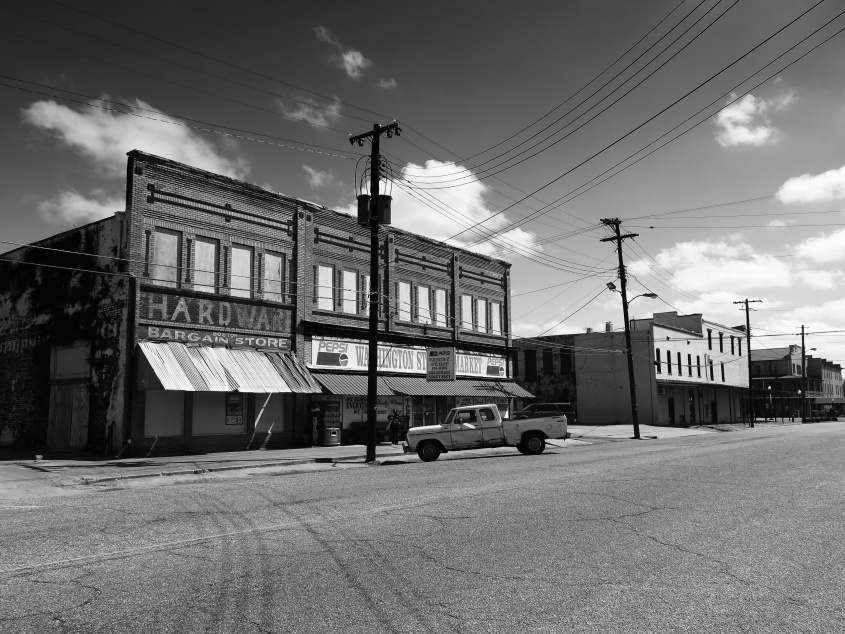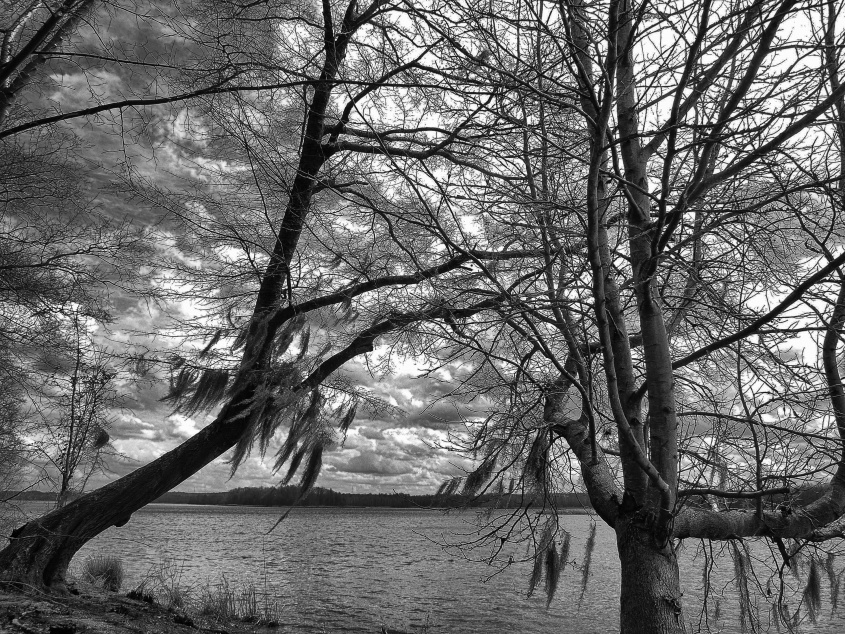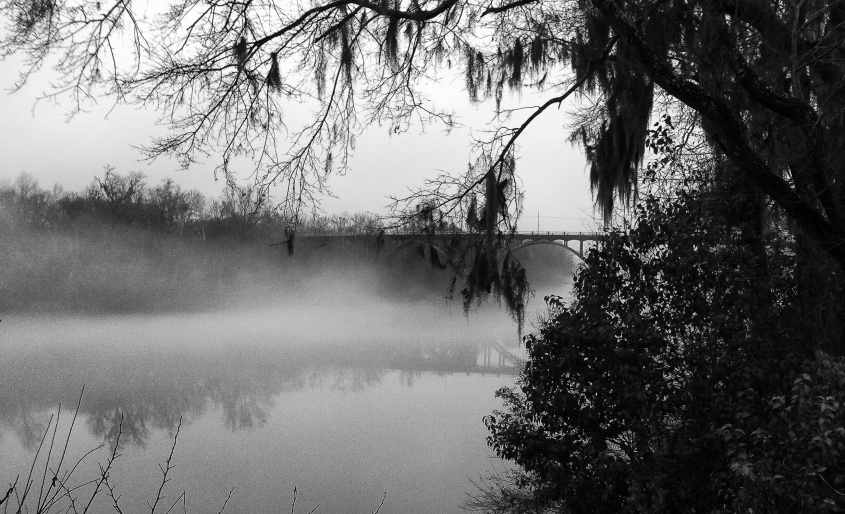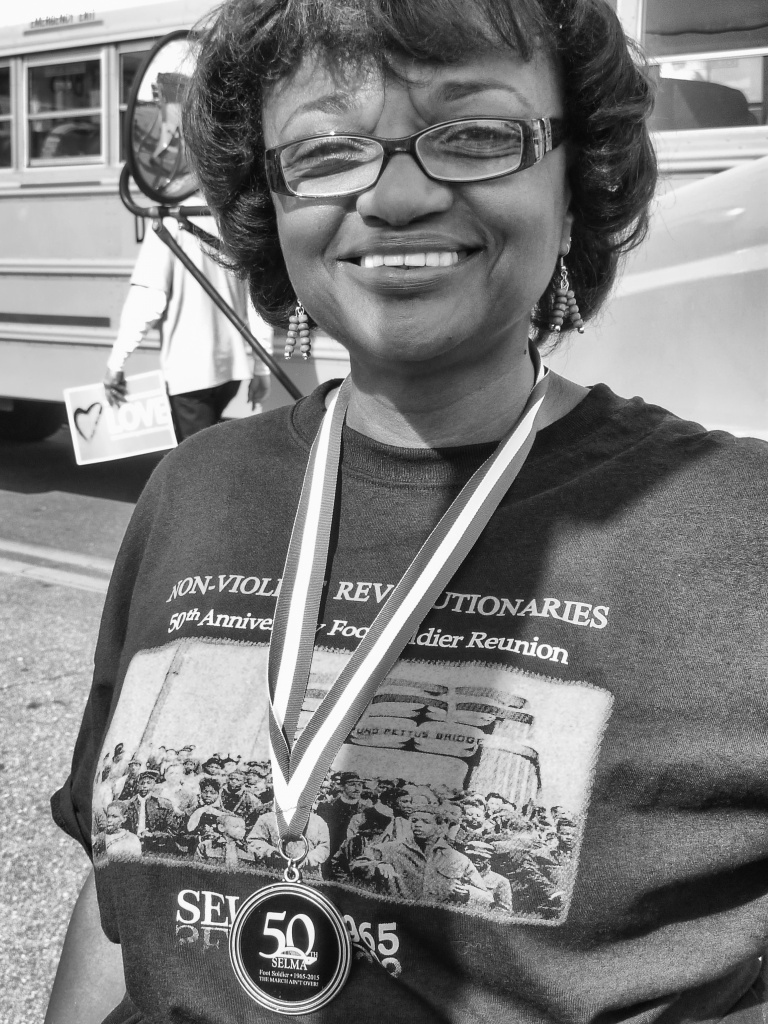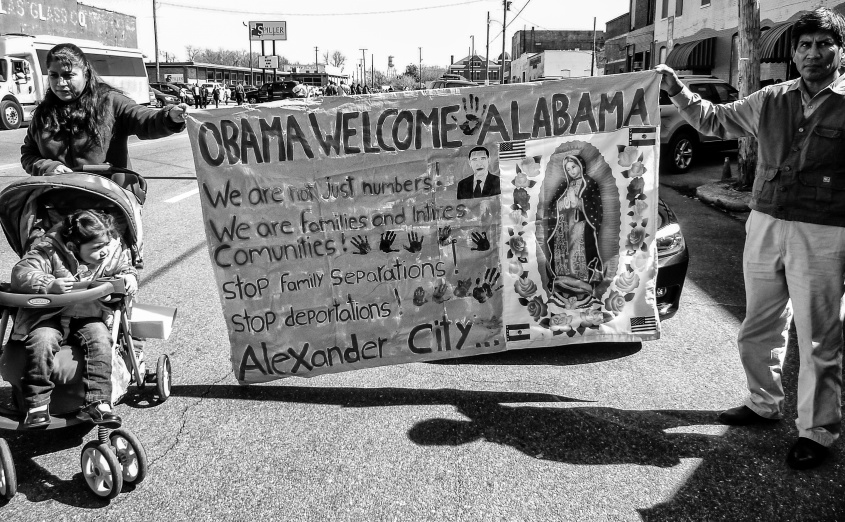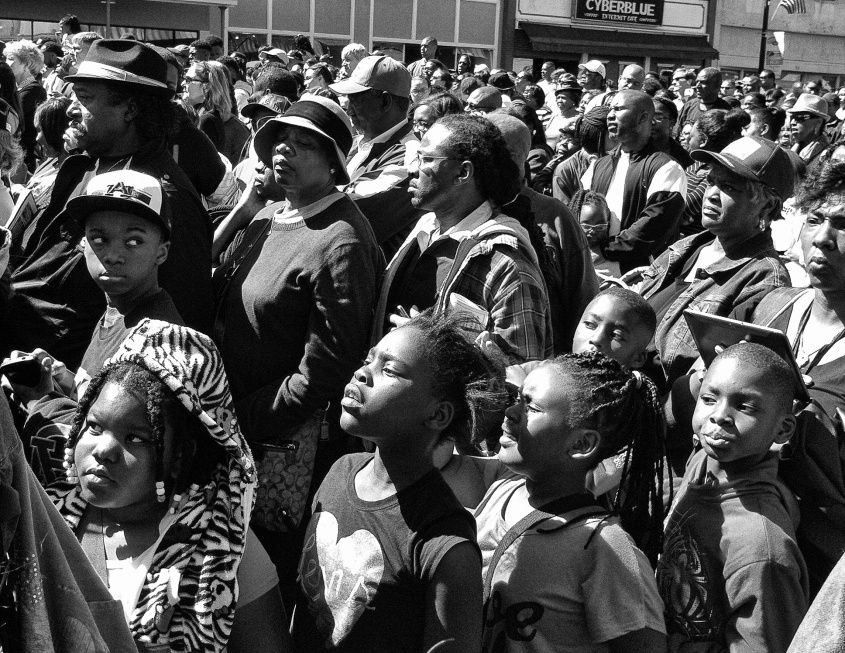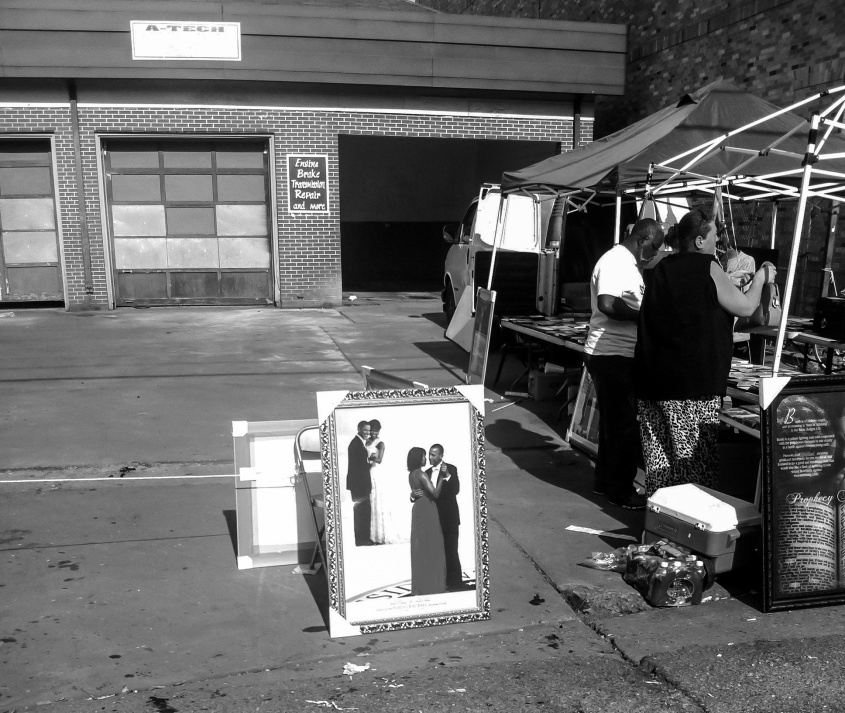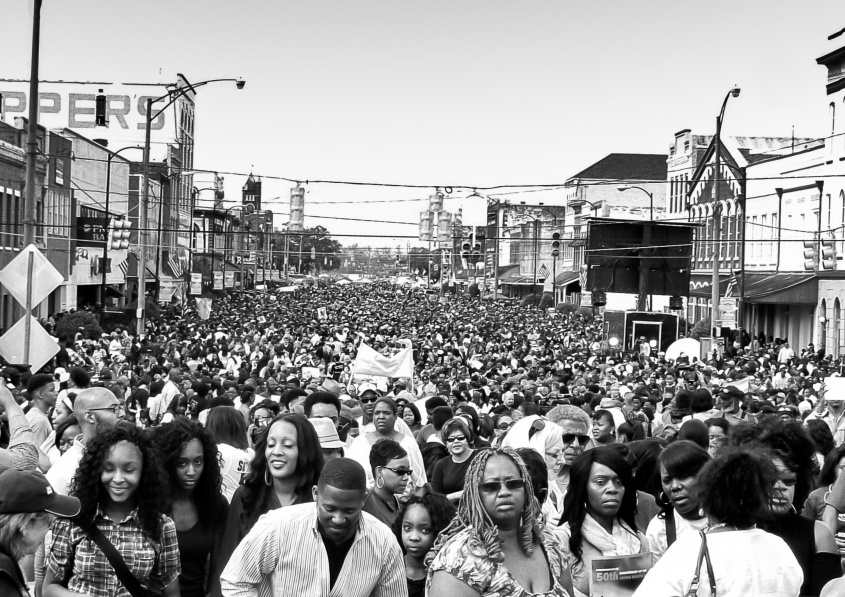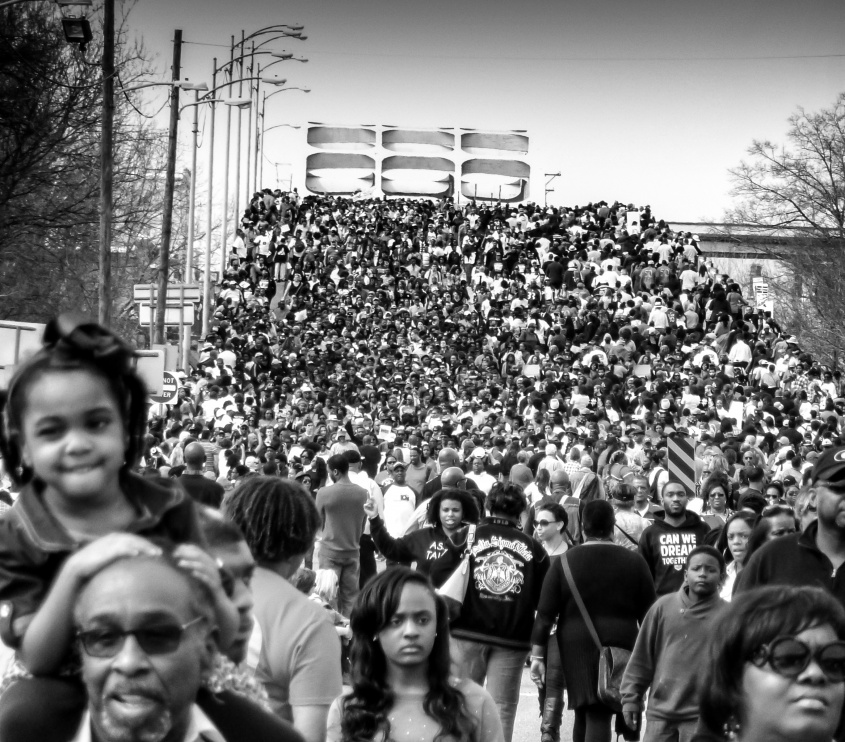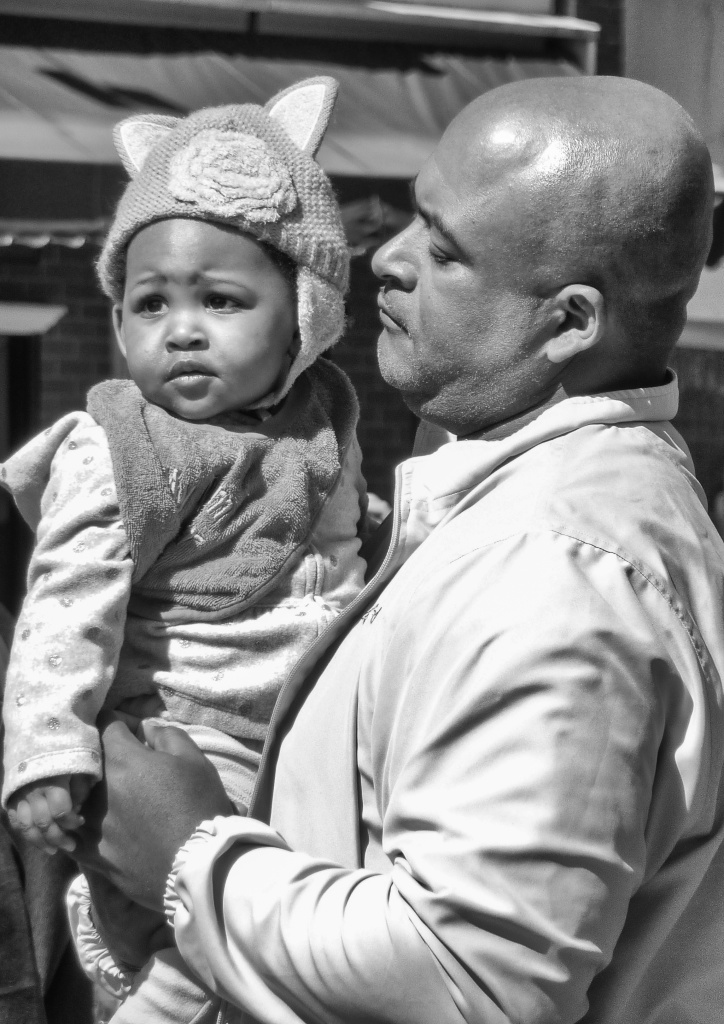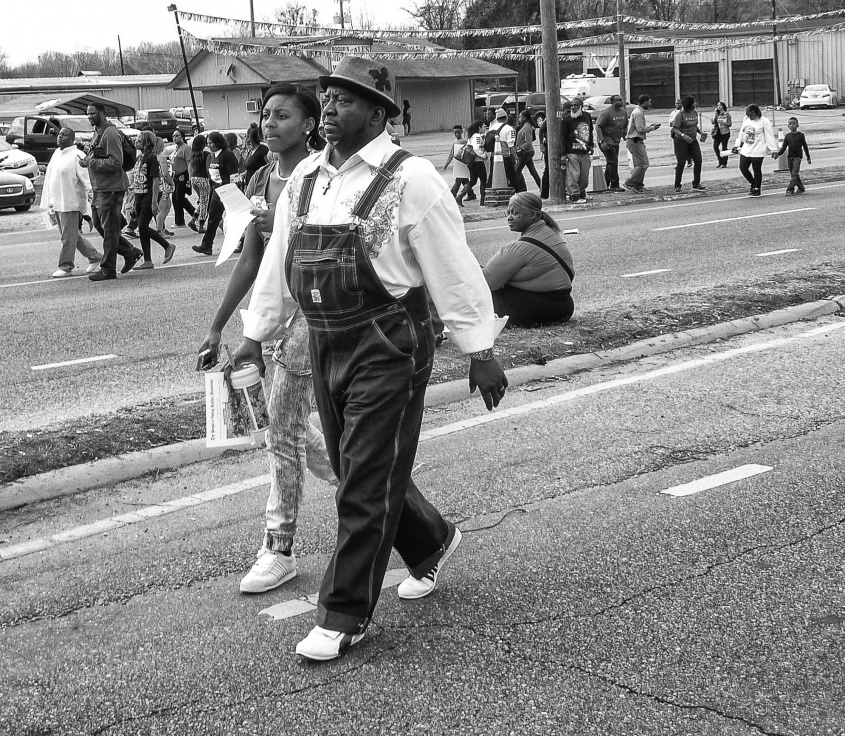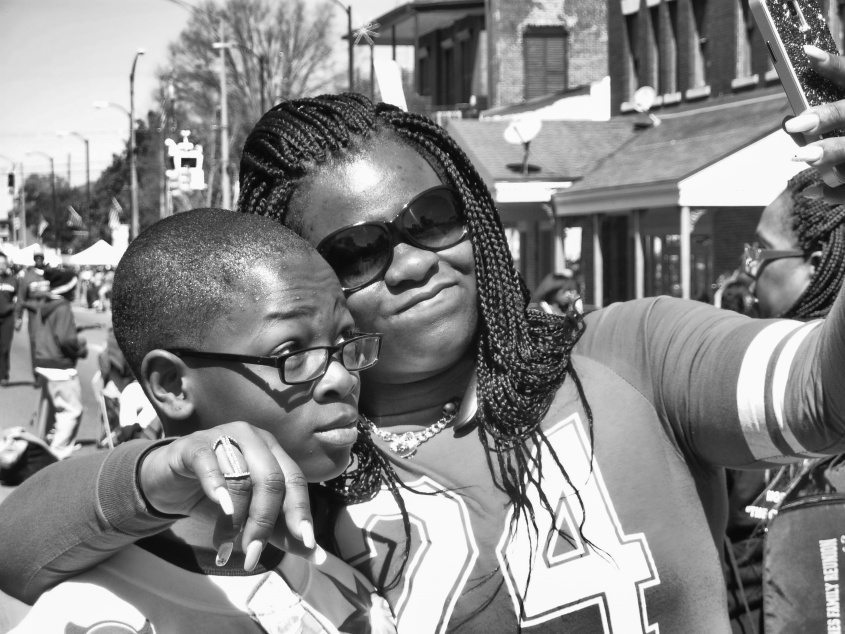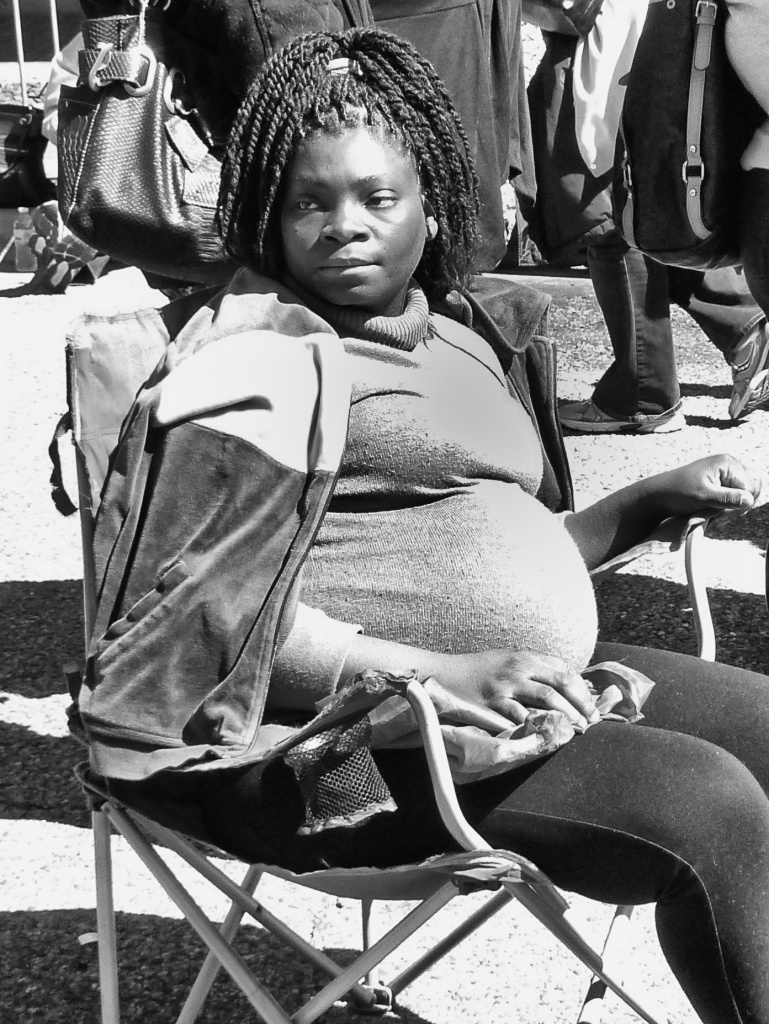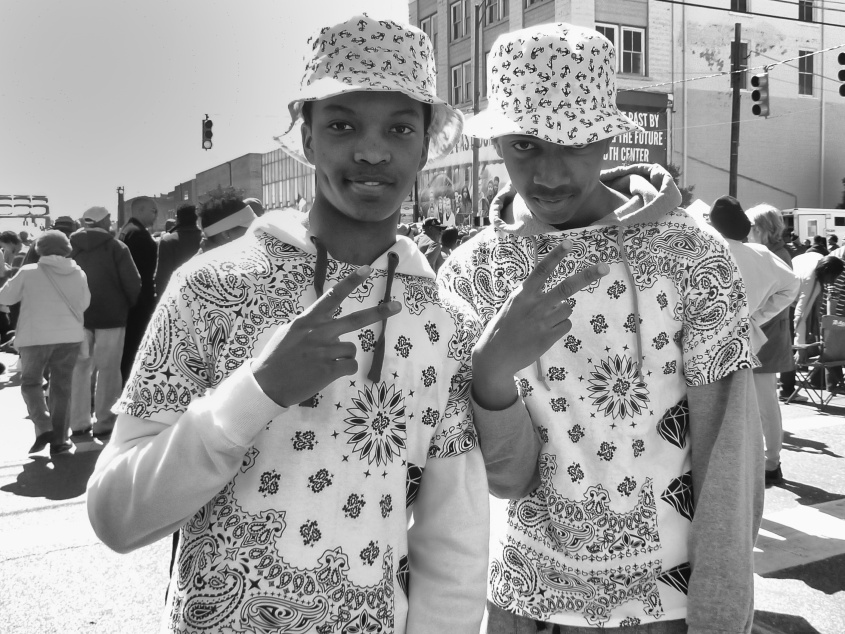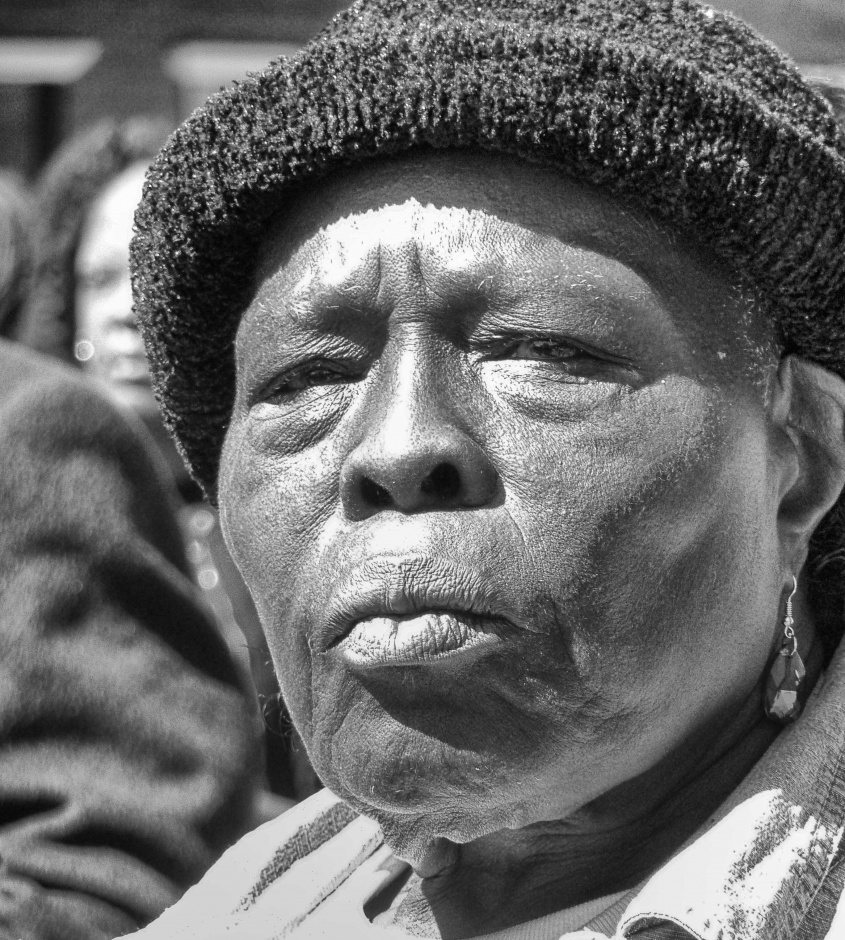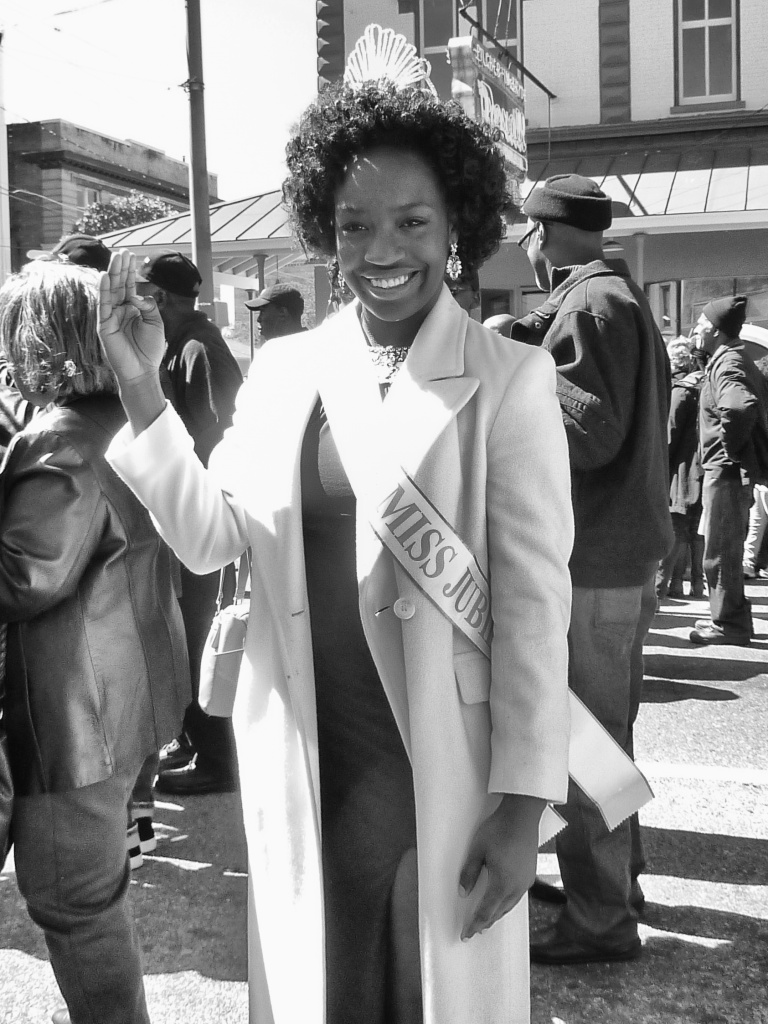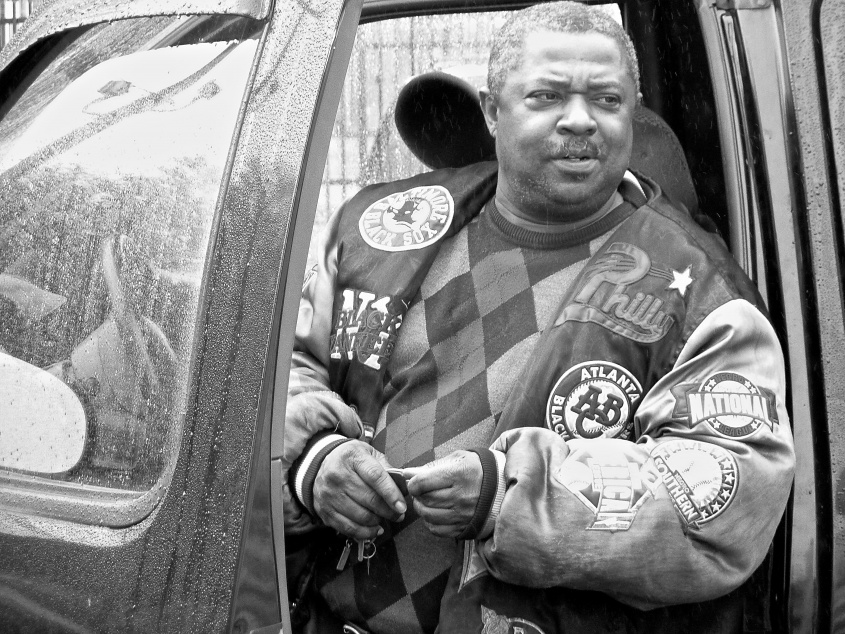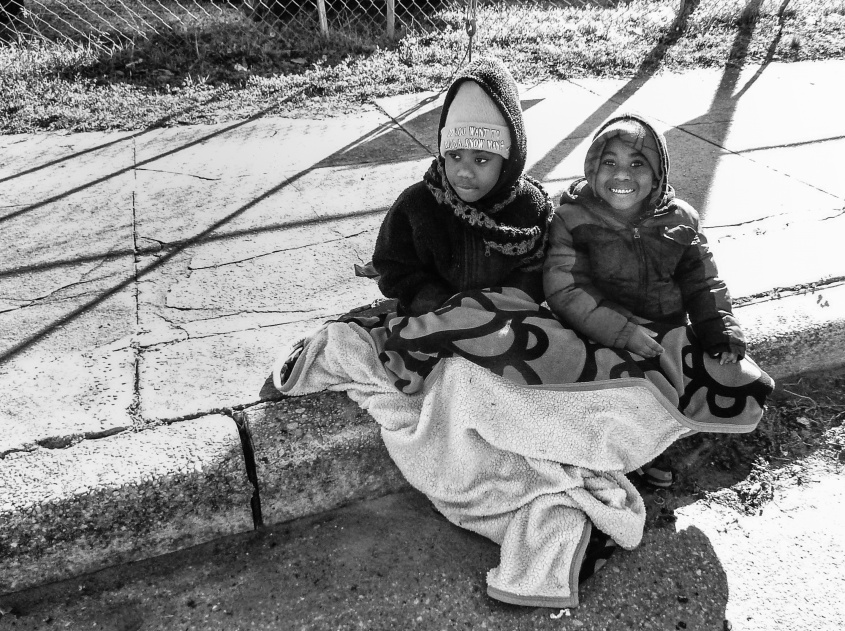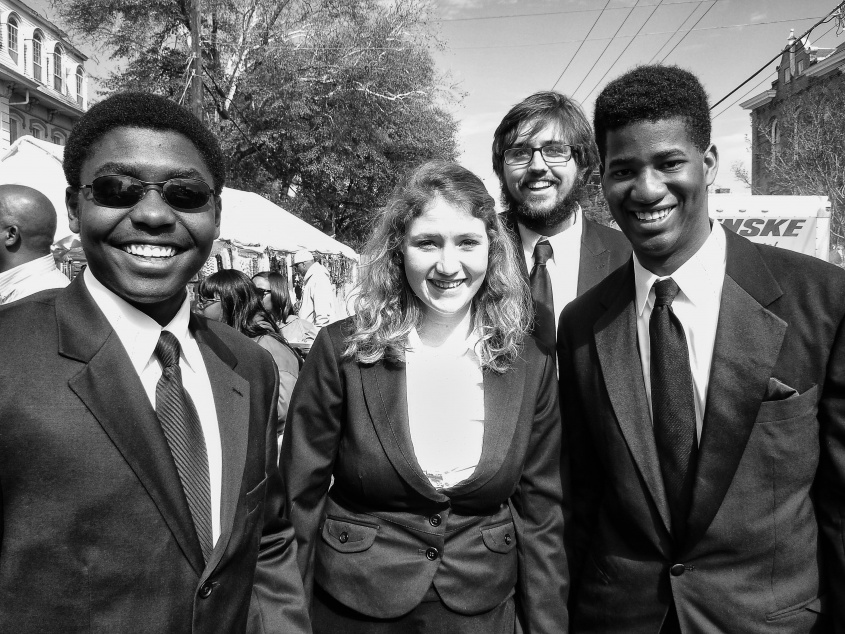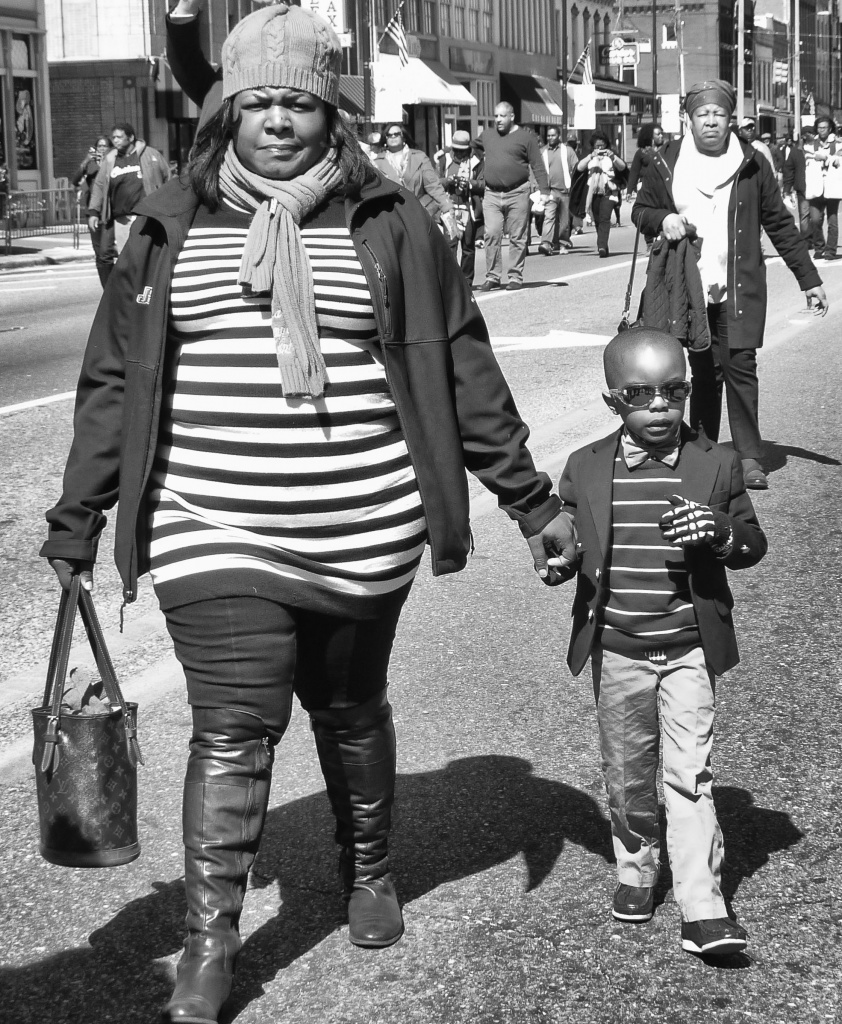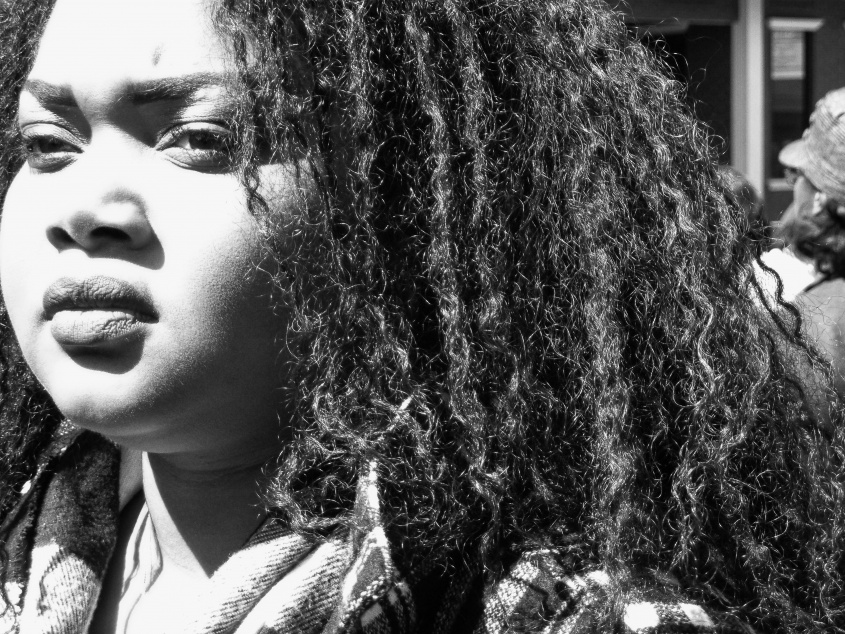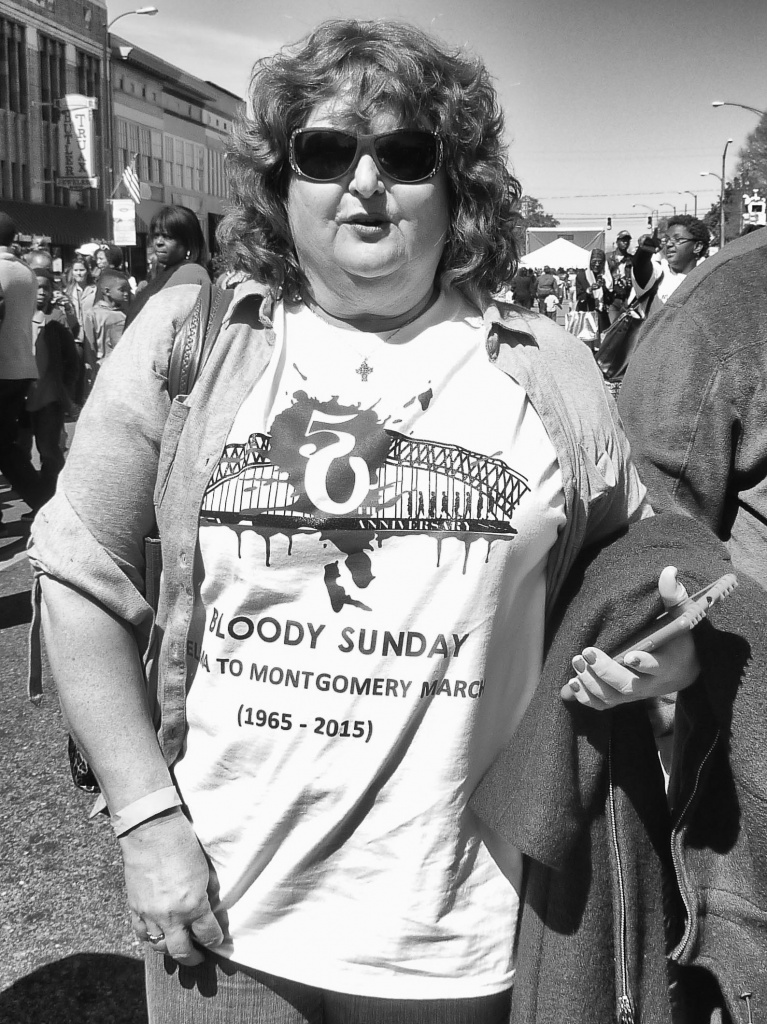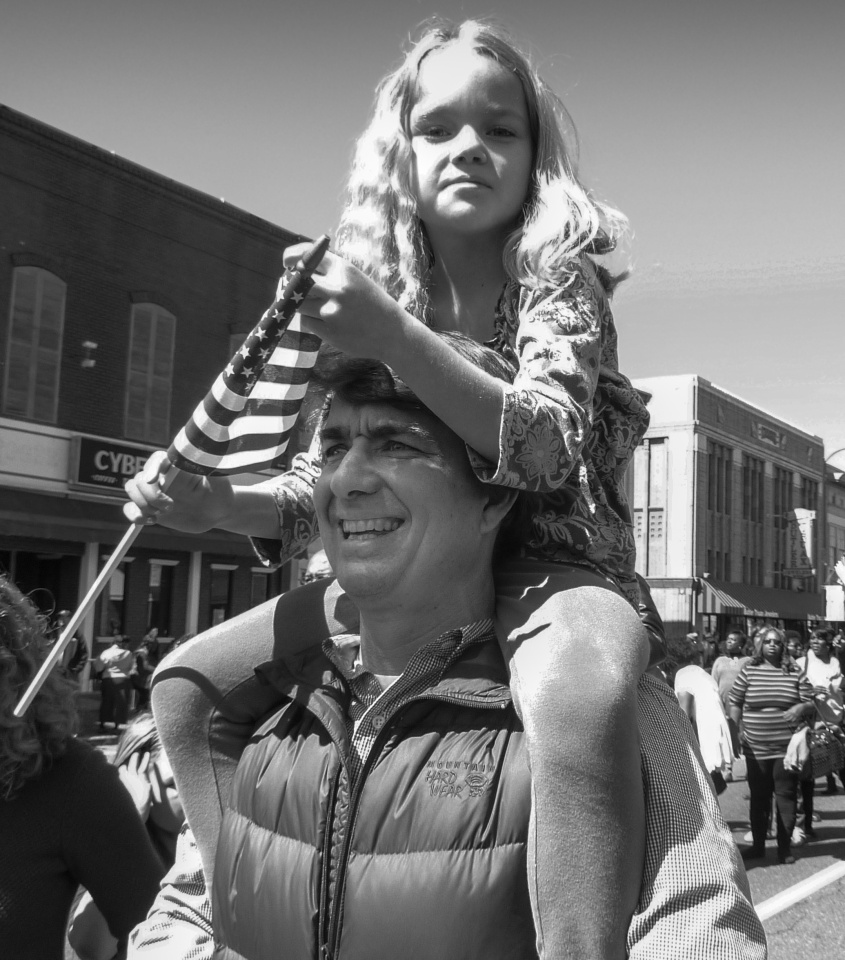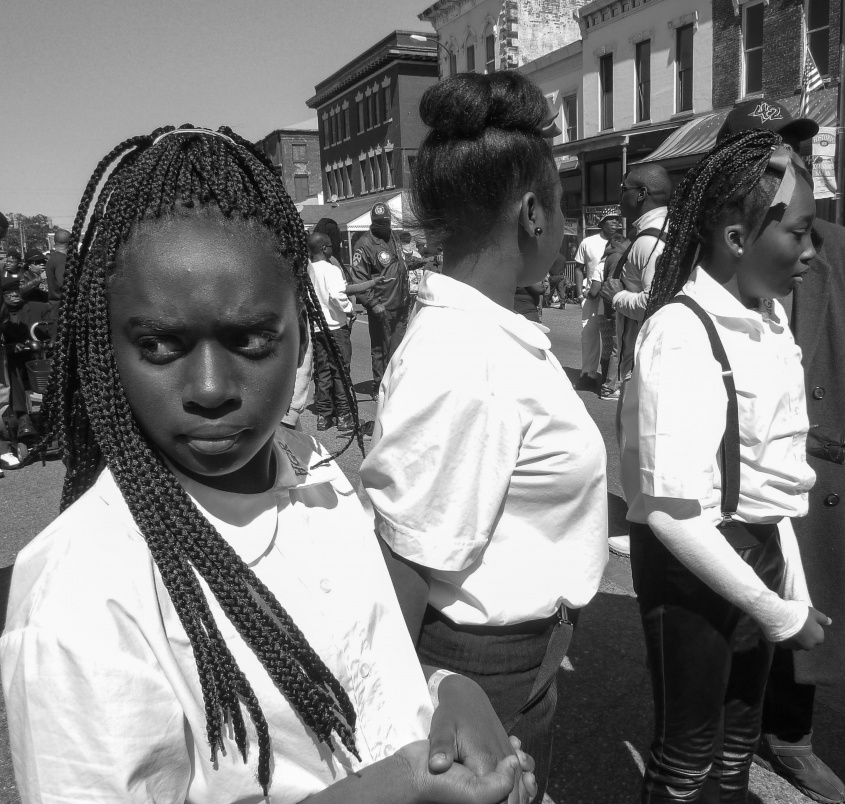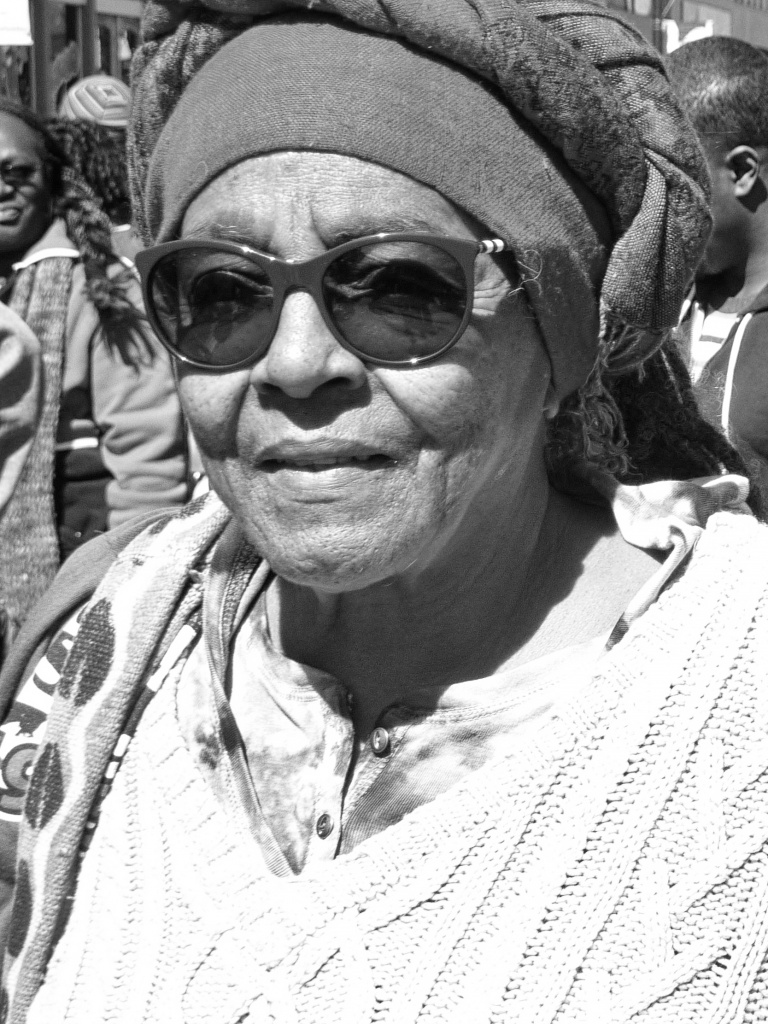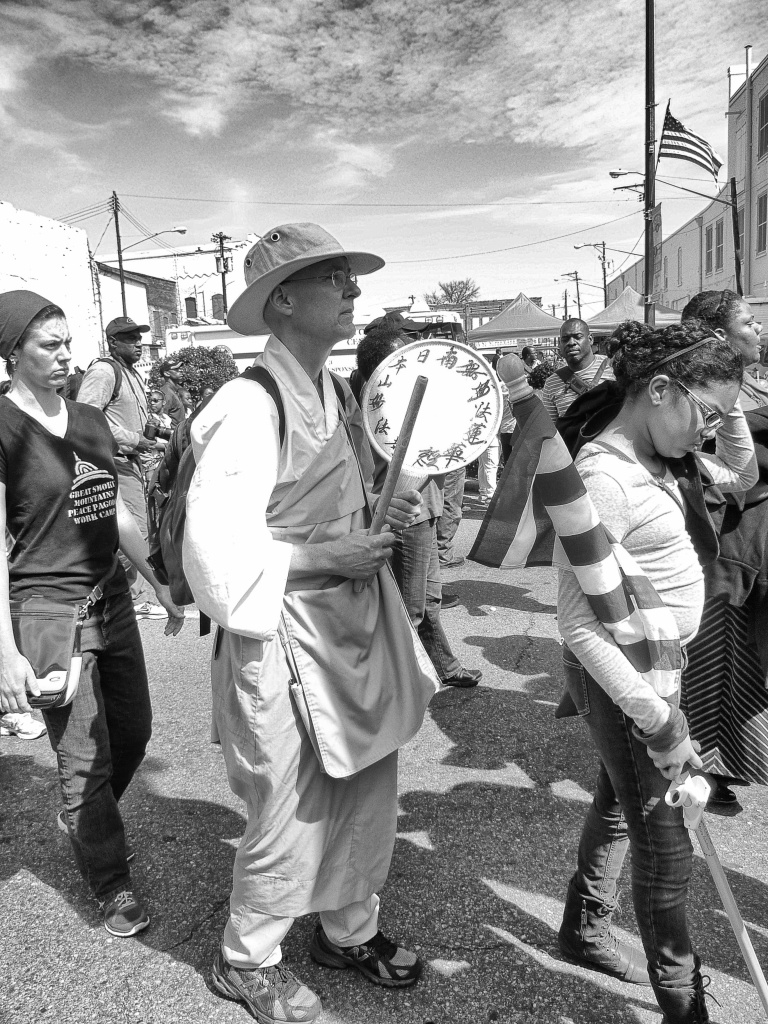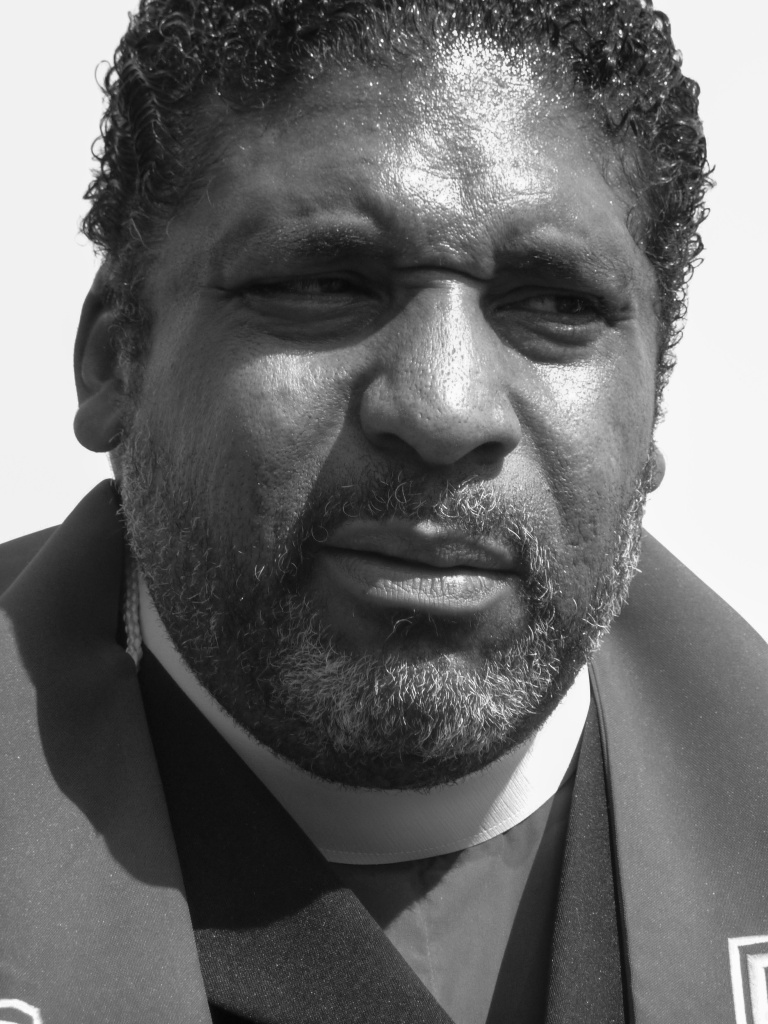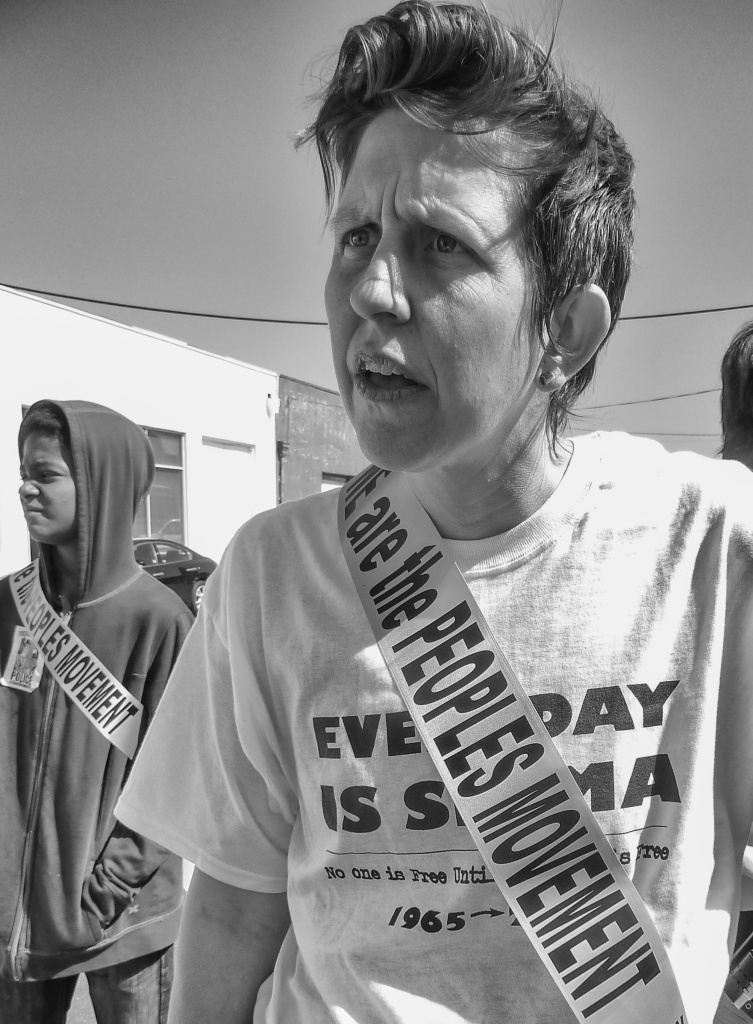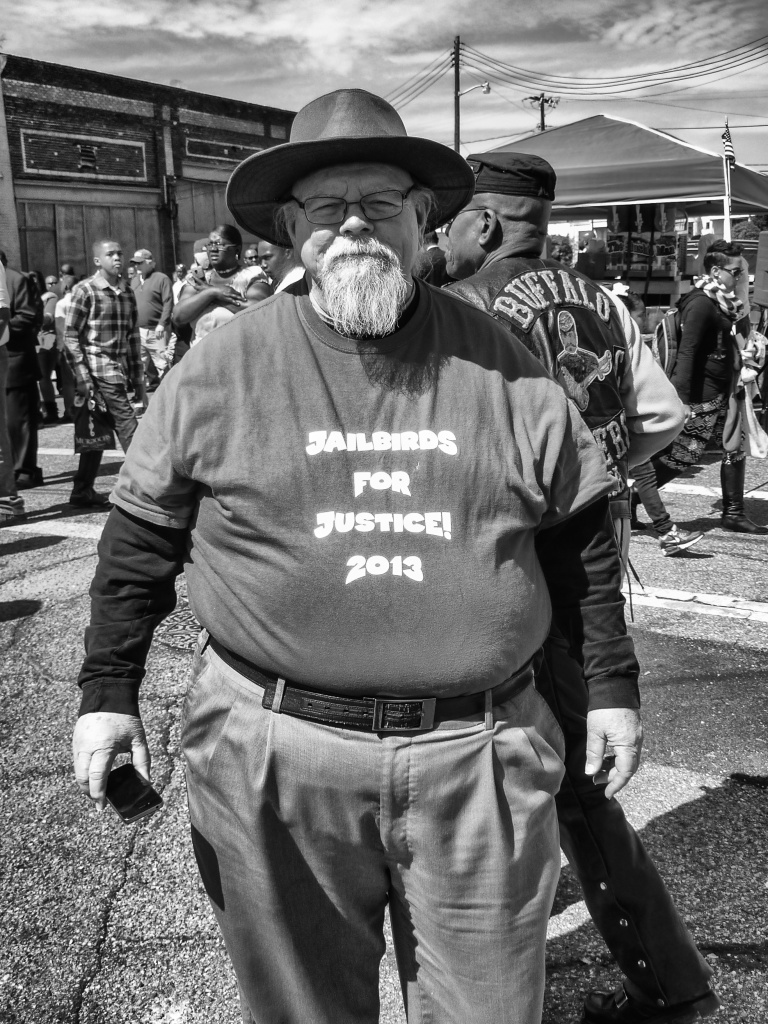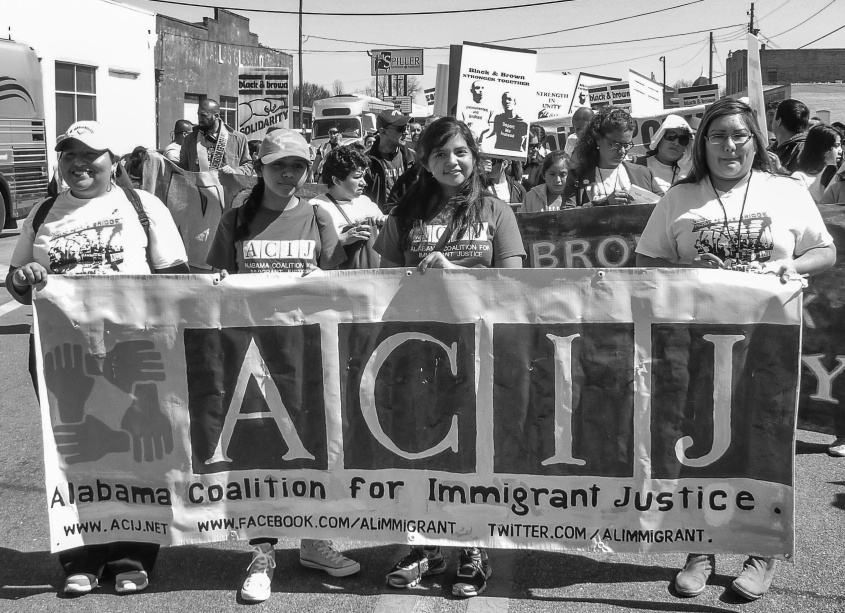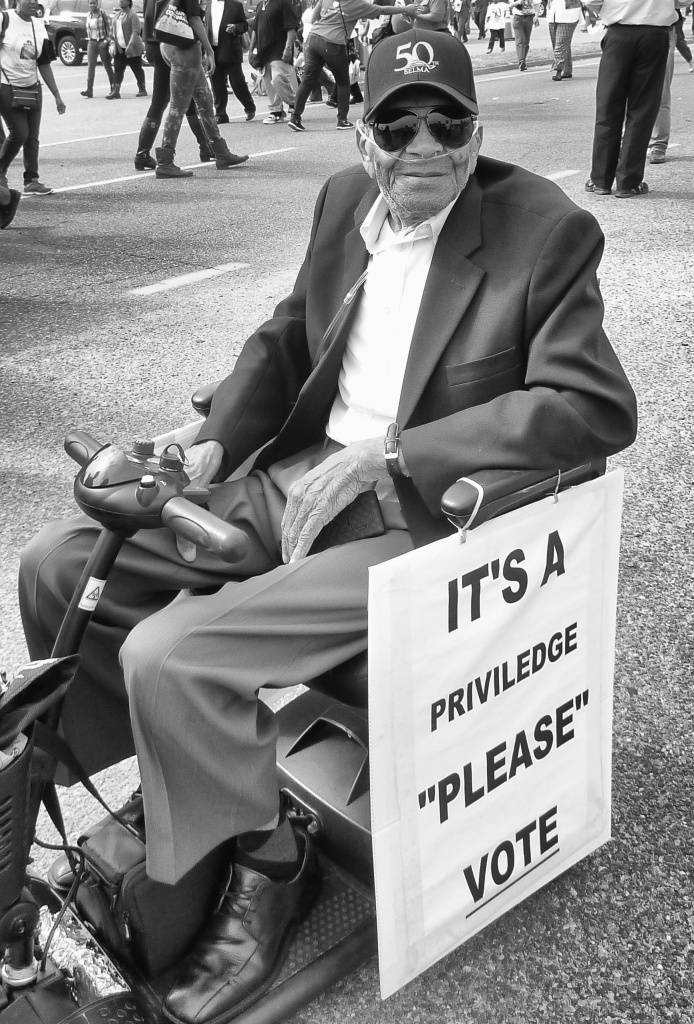
This is the “Empty Edmund Pettus Bridge” in Selma, 2015. The 50th Anniversary of Bloody Sunday and the passage of the 1965 Voting Rights Act, commemorated in this section, center around events that culminated on this bridge. The bridge was named after Edmund Pettus who was a Grand Dragon of the Ku Klux Klan, and an Alabama U.S. Senator in 1897. He opposed the Constitutional Amendments that gave former slaves the status of free citizens. Ironically, after the events of 1965, the Bridge became a Civil Rights landmark. For years, there were ongoing discussions about removing Pettus’s name. Since the death of civil rights icon Representative John Lewis in 2020, it was proposed that the bridge be renamed in his honor.
Please click each photo to reveal the text.
Selma, Alabama
Selma became a worldwide symbol for resistance to racial injustice after newspapers and television stations from around the country shared the shocking confrontation between non-violent marchers and the violent forces of White supremacy on Bloody Sunday. While the people of Selma worked with leaders from the Student Non-Violent Coordinating Committee (SNCC), and with Dr. Martin Luther King from the Southern Christian Leadership Conference (SCLC), it was primarily locals, especially from the Dallas County Voters League, who took a stand. Local teachers marched. Children marched and were jailed. There were imprisonments, beatings, and murders, and still the citizens of Selma persevered. These local activists bravely risked their jobs, housing, and their lives in order to achieve the rights that they, and others across the South, were guaranteed under the Constitution.
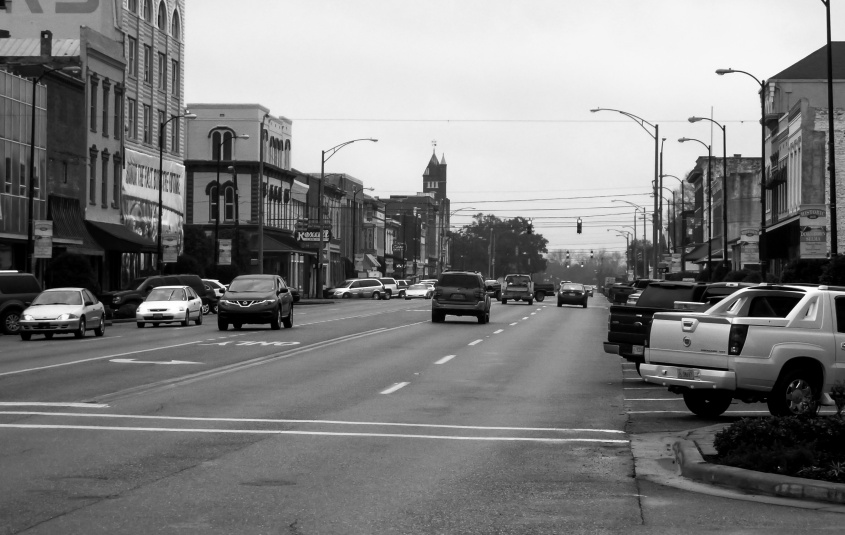
Downtown Selma, 2015
Today, Selma is in one of the poorest counties in the United States, with extreme poverty and joblessness. While Selma gave much to the nation, the nation has given little back to Selma.
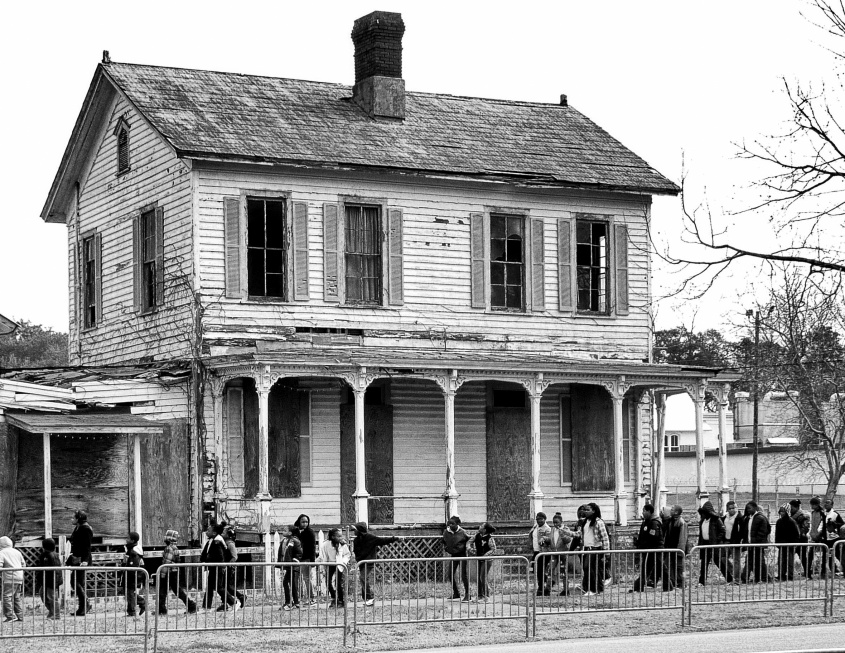
Abandoned Home and School Children, Selma, 2015
Children walk to Brown Chapel African Methodist Episcopal (AME) Church, for the 50th Anniversary celebrations, passing one of thousands of abandoned homes and businesses in Selma.
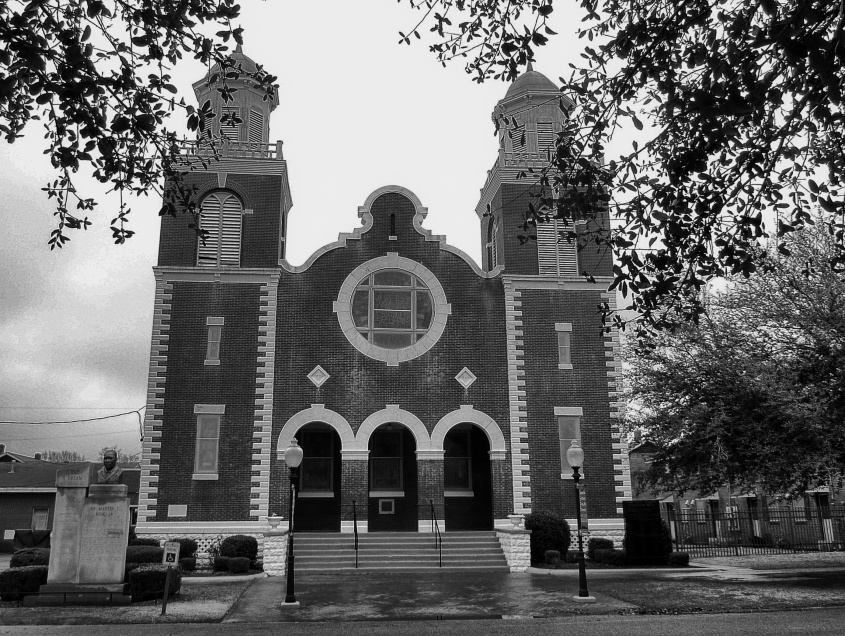
Brown Chapel African Methodist Episcopal (AME) Church, Selma, 2015
Brown AME is where activists organized. It was also the departure point from which they marched the six blocks to the Edmund Pettus Bridge.
Martyrs and Heroes
The South had a history of lynching and other forms of state and militia terror that kept Blacks from asserting their rights. In spite of this, the Voting Rights Movement grew, with people coming from all parts of the country to join the embattled marchers. Amongst those martyred in the fight were Jimmie Lee Jackson, a local man from Marion, Alabama, and the Reverend James Reeb of Boston. The heroes were many, some known, such as Reverend Frederick Reese and Amelia Boynton Robinson, and many who remain anonymous.
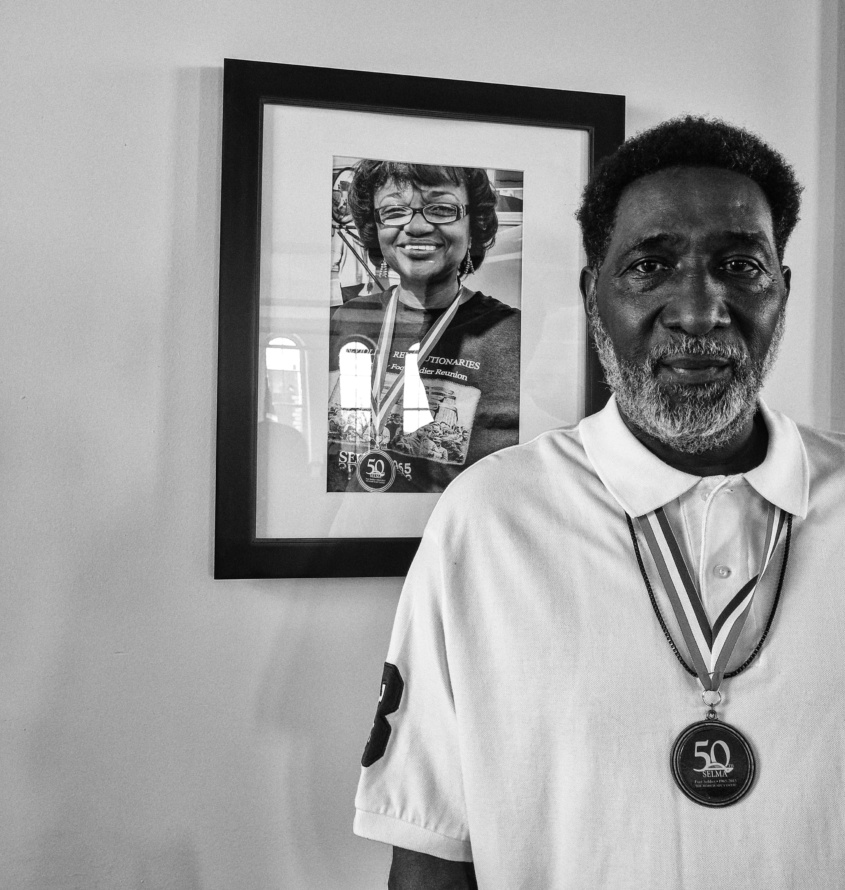
Freddie Mitchell wearing his 50th Anniversary Commemoration Medal, with the photo of another medal recipient, from the Foot Soldiers for Justice photo archive. Selma, Al. 2017
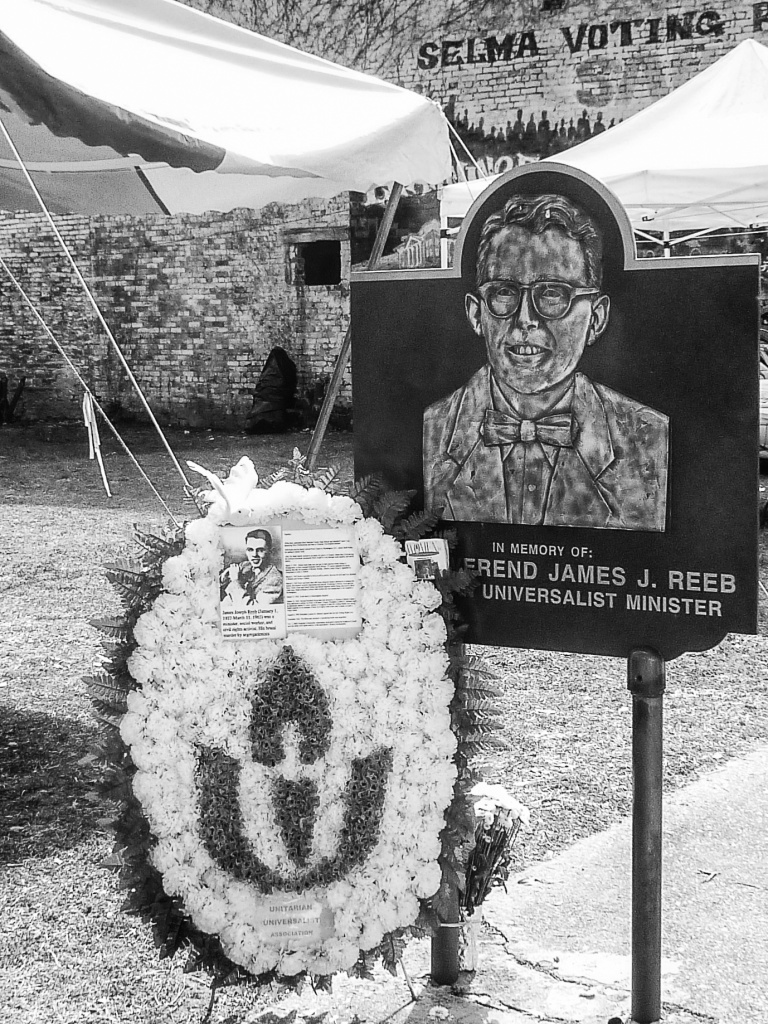
Street Memorial for Unitarian Minister James J. Reeb, Selma, 2015
In Selma to join the marchers after Bloody Sunday, the White minister, James J. Reeb was beaten by White supremacists and died two days later. King eulogized Reeb calling him, “the conscience of a nation.”
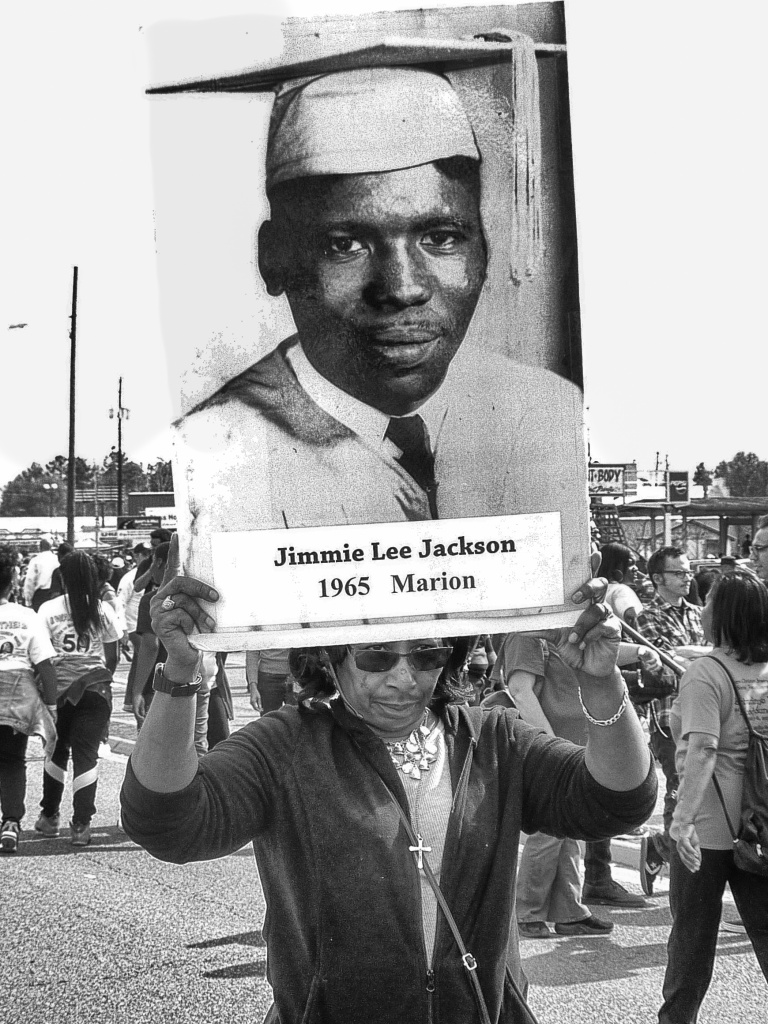
Carrying the Memory of Jimmie Lee Jackson, Selma, 2015
The death of Jimmie Lee Jackson led to the first march that became Bloody Sunday. Jackson was shot two times by State Troopers. He died a few days later. Initially, activists wanted to carry his body to Montgomery and lay it at the feet of the White-supremacist Governor, George Wallace.
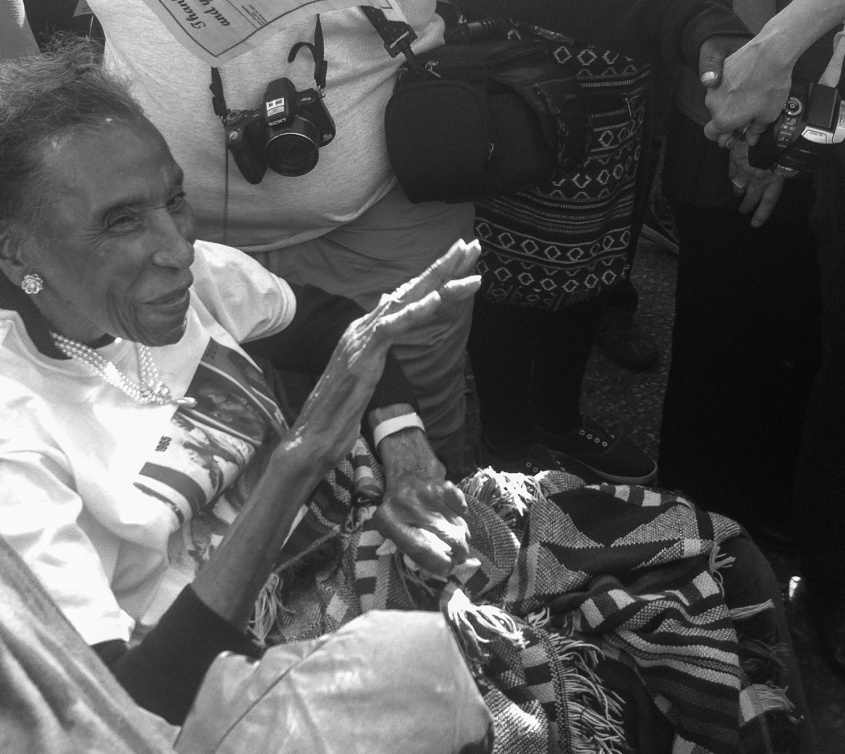
Amelia Boynton Robinson (1911-2015), Selma, 2015
Pictured here at the age of 103, photos of her from Bloody Sunday, on the ground, engulfed by tear gas, and beaten by State Troopers with vicious dogs, drew hundreds to Selma for the second attempt to cross the bridge. Ms. Robinson was a lifelong activist and Foot Soldier Gold Medal recipient.
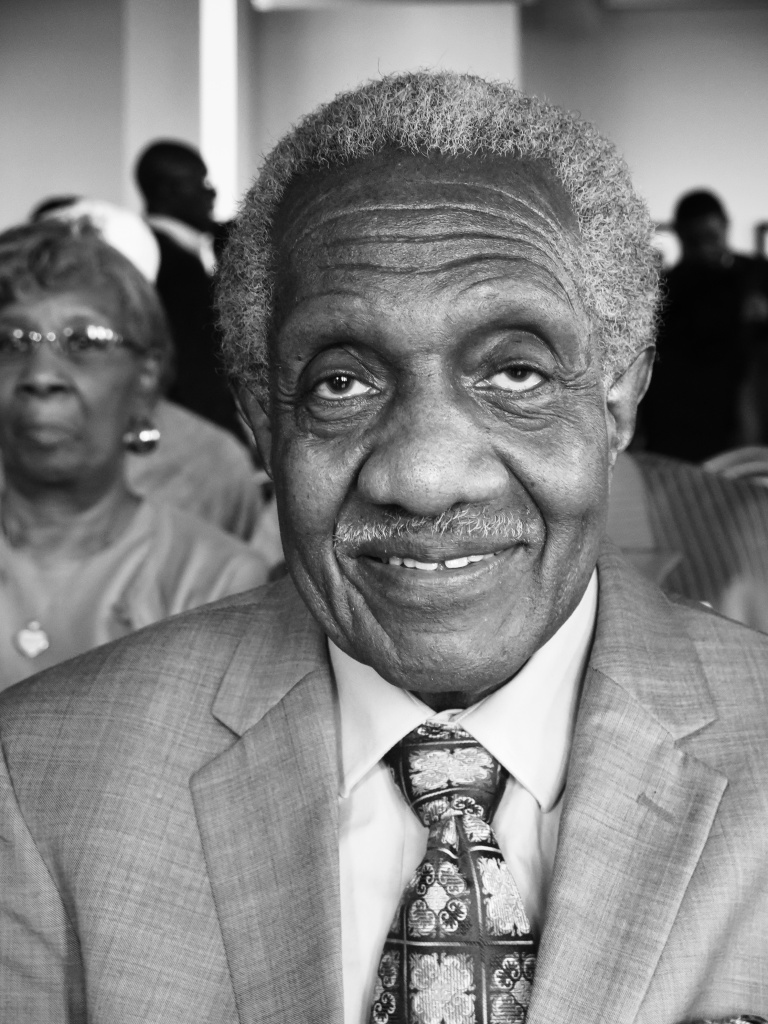
Reverend Frederick Reese (1929- 2018), Selma, 2017
Reverend Reese, President of the Dallas County Voters League, invited Dr. Martin Luther King to Selma for the local voter registration drive. This campaign was seminal to the Selma to Montgomery marches, and the Voting Rights Act. A courageous educator, Reese mobilized teachers, children, and students to march despite the threats by militias, the racist Sheriff Jim Clark and Troopers.
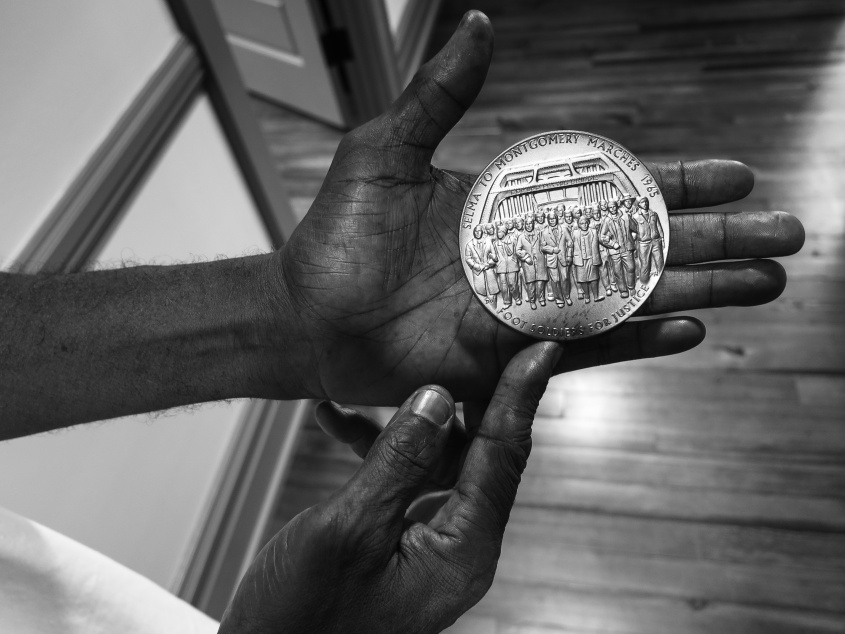
Foot Soldier Gold Medal in His Hands, Selma, 2017
The Foot Soldier Medal of Honor was awarded by President Barak Obama and Congress to Freddie Mitchell and the other Foot Soldiers who were engaged in the struggle for the vote. Here, Mitchell proudly holds the Medal.
Waiting for President Obama to Cross the Bridge, March 7, 2015
For the 50th Anniversary of Bloody Sunday and the Voting Rights Act, President Barack Obama and his family came to Selma to cross the Edmund Pettus Bridge. Not only was this an historic event, but an emotional one, as well. It was clear to many that without the Voting Rights Act of 1965, the election of President Obama would not have been possible.
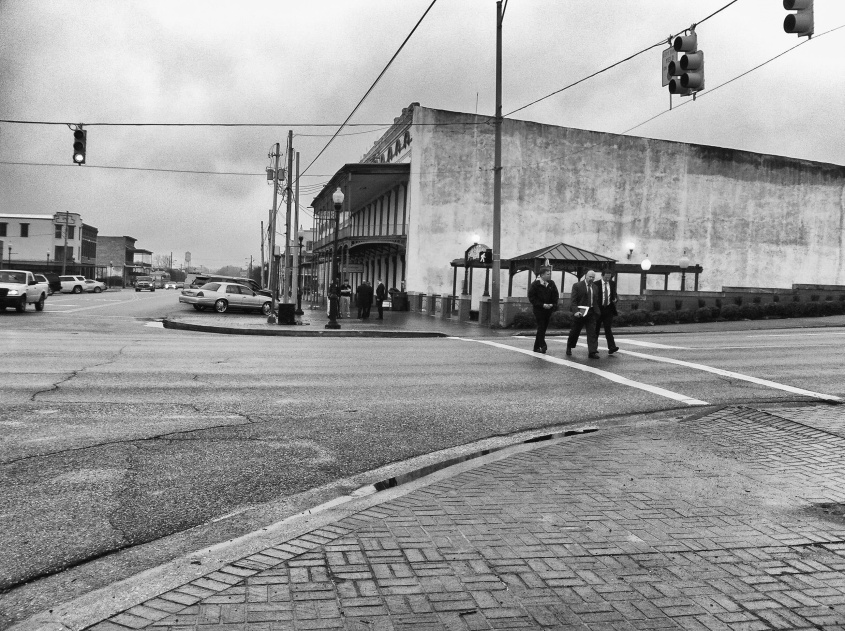
Secret Service, Selma, 2015
The Secret Service prepared for the visit by President Obama. The crowd entered the viewing area by passing through metal detectors and, throughout the event, armed guards stood on the rooftops.
80,000 Cross, March 8, 2015
It was the second day of the Commemoration, March 8, 2015. Marchers came from across the country, but most were local and Black.
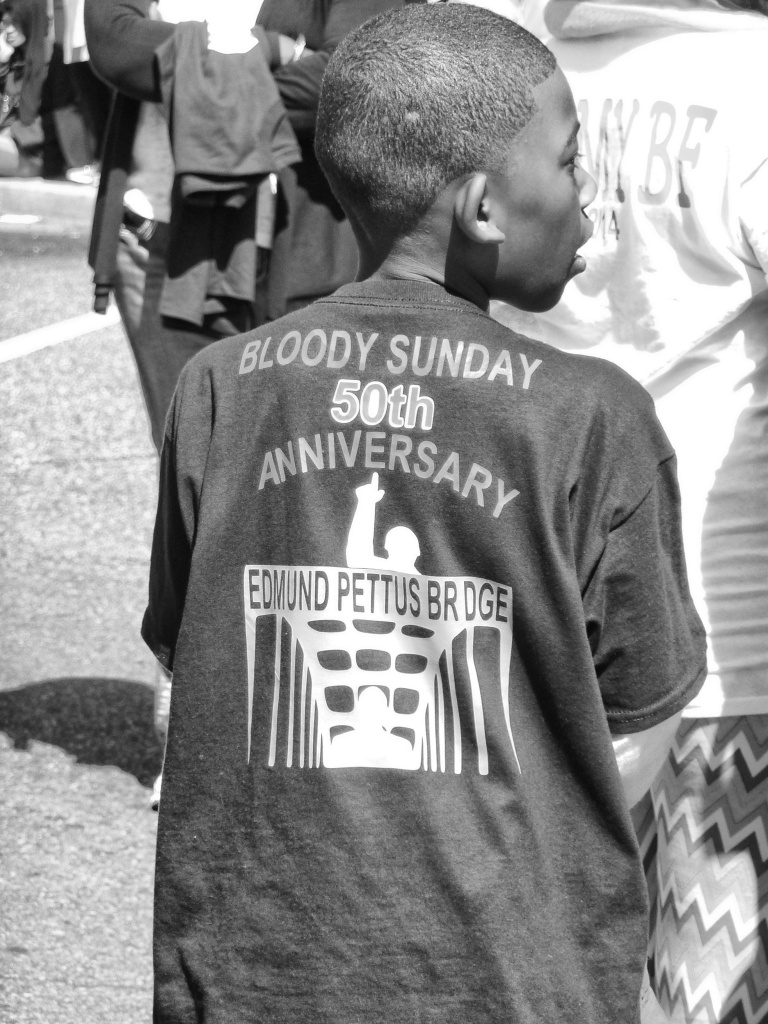
Bloody Sunday On His Back, Selma, 2015
On March 7, 1965, the first of three attempts to cross the Bridge took place. The non-violent marchers, intending to go from Selma to the State Capitol in Montgomery, were brutally assaulted, in an unrelenting attack, by State Troopers and militiamen. It came to be known as Bloody Sunday. This violence shamed the nation, emboldening President Lyndon B. Johnson to push for the Voting Rights Act.
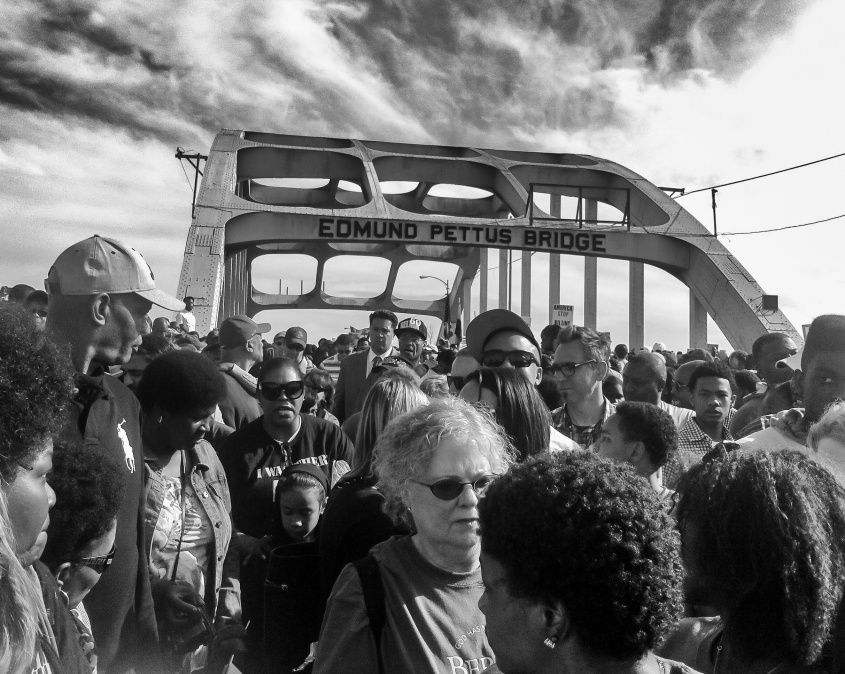
Clouds Over the Edmund Pettus Bridge, Selma, 2015
As marchers crossed the bridge, under the dark clouds of Shelby v. Holder that had eviscerated the Voting Rights Act, the hope was that many would rededicate themselves to the ongoing struggle for racial equality and the right to vote.
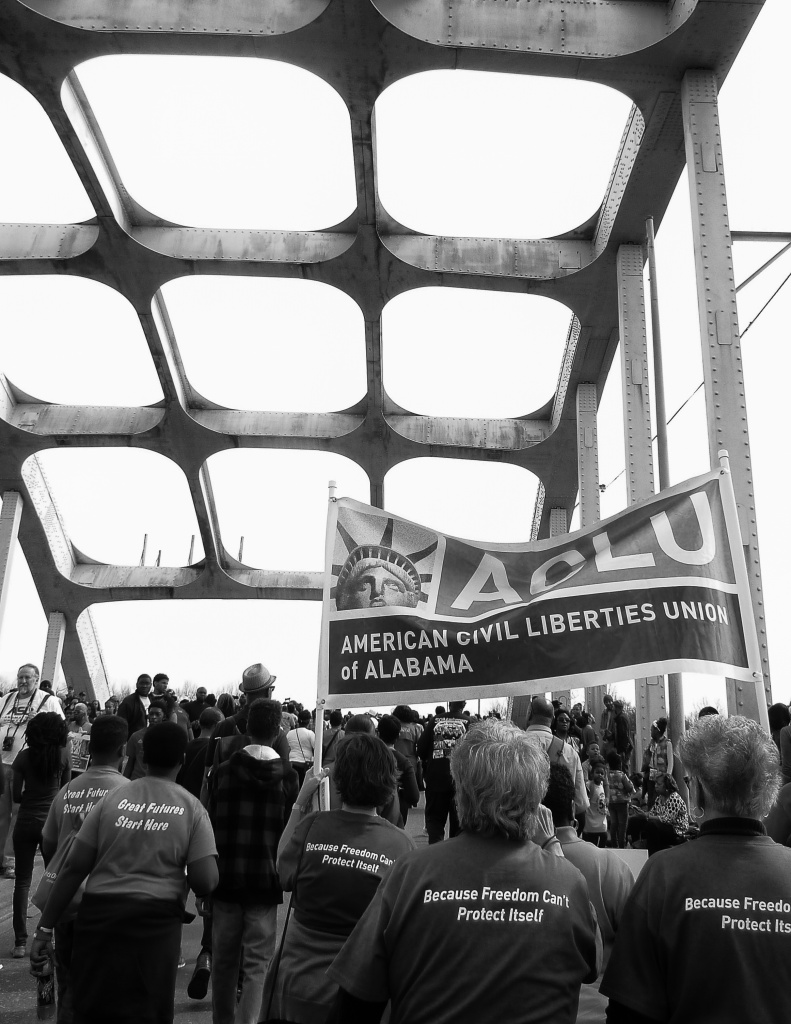
American Civil Liberties Union Crossing, Selma, 2015
The American Civil Liberties Union (ACLU) mission is . . . "to defend and preserve the individual rights and liberties guaranteed to every person in this country by the Constitution and laws of the United States."
Inside The Crowd: Intimate Portraits
From inside the crowd, it was possible to capture many intimate portraits. The marchers were young and old, of many races, differently abled, and from the LGBTQ community. They came with families and friends, and in secular and religious groups. It was a celebration of the nation’s pluralism.
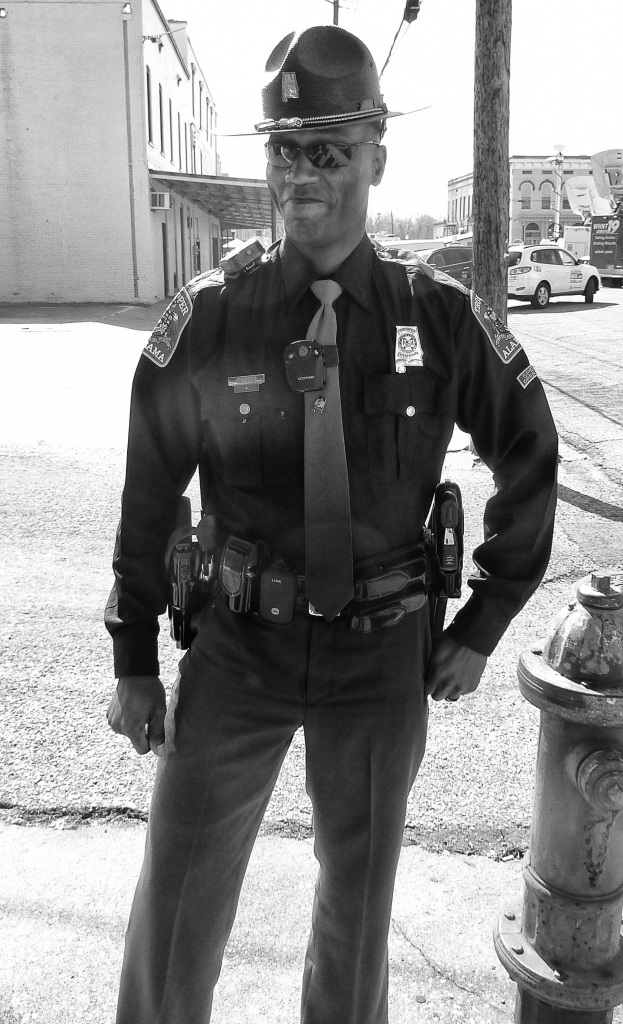
Alabama State Trooper, Selma, 2015
Sewn onto the uniform of this State Trooper was a patch that included the image of the Confederate Battle Flag.
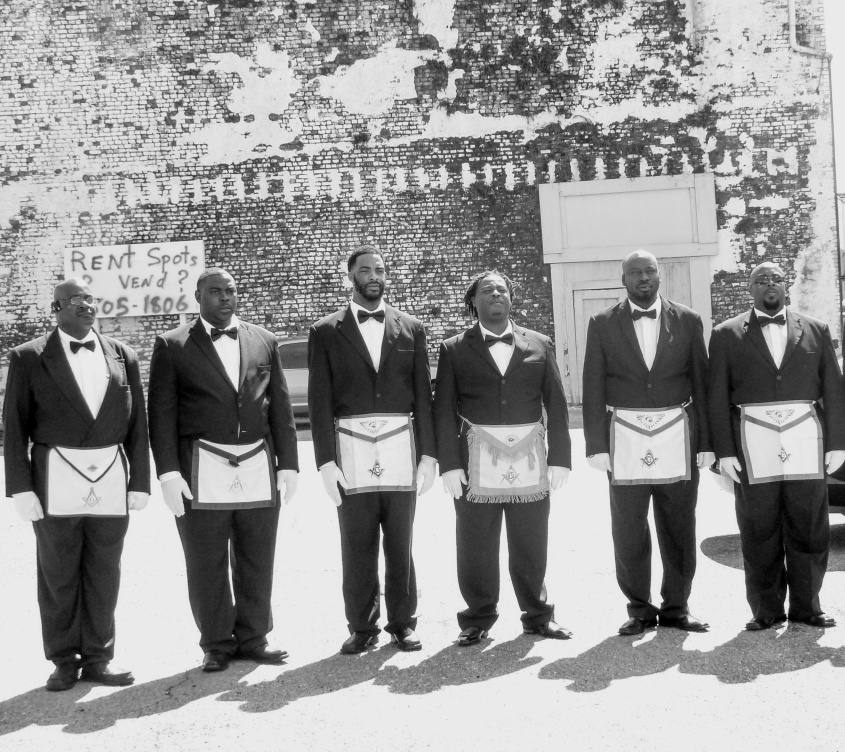
Prince Hall Masons, Selma, 2015
The first Black Masonic Order dates back to the Revolutionary Period. In 1787, Prince Hall, a war veteran, organized Lodge No. 459 in Boston. This became the first Black, self-help, fraternal institution in the nation.
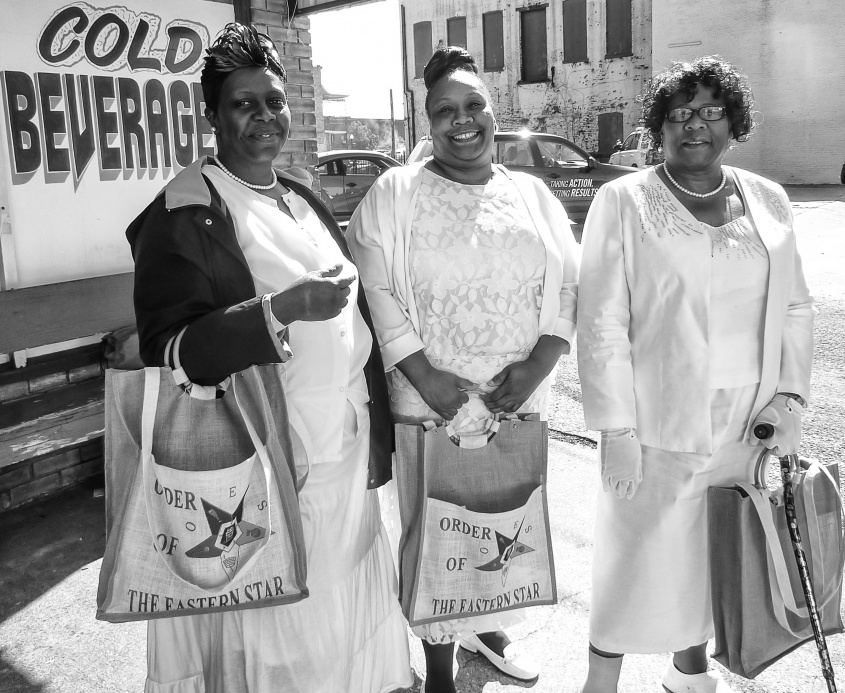
Women of the Eastern Star, Selma, 2015
The Order of the Eastern Star is an associated body of the Masonic Fraternity.
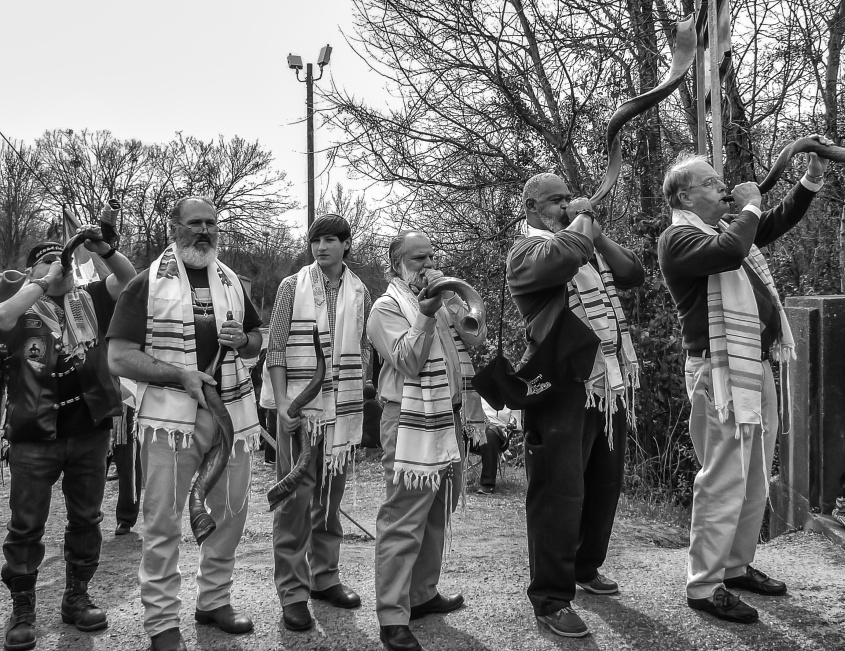
Shofar Blowers, Selma, 2015
They blew the Shofars, then traced the footsteps of Rabbi Abraham Joshua Heschel who had crossed the bridge with Martin Luther King in '65. Heschel wrote, "Even without words, our march was worship. I felt my legs were praying."
A Contemporary Civil and Voting Rights Movement
The 50th Anniversary of Bloody Sunday and the Voting Rights Act was also a Contemporary Civil and Voting Rights Movement, as many used the event to address present-day human and civil rights violations. They were marching for a more perfect union.
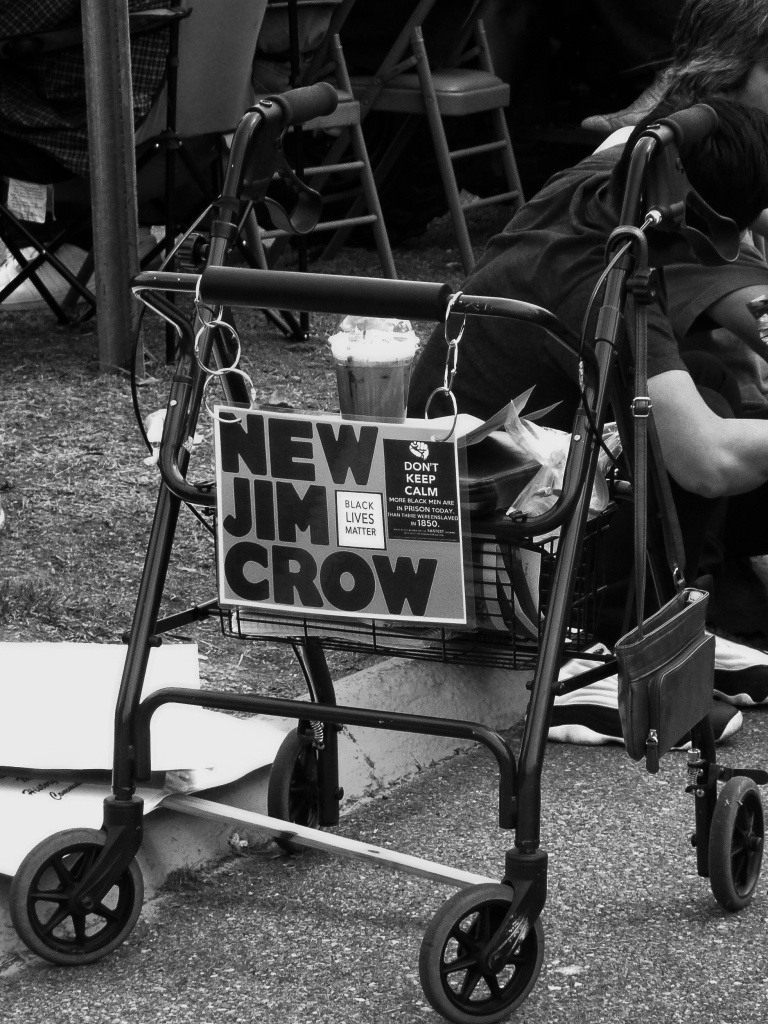
The New Jim Crow, Selma, 2015
The "Old" Jim Crow became a synonym for how White supremacy was maintained after the Civil War. The New Jim Crow is about how structural racism is maintained today. Mass incarceration is one tactic with 6.1 million felons and ex-felons, mainly of color, being denied the vote.
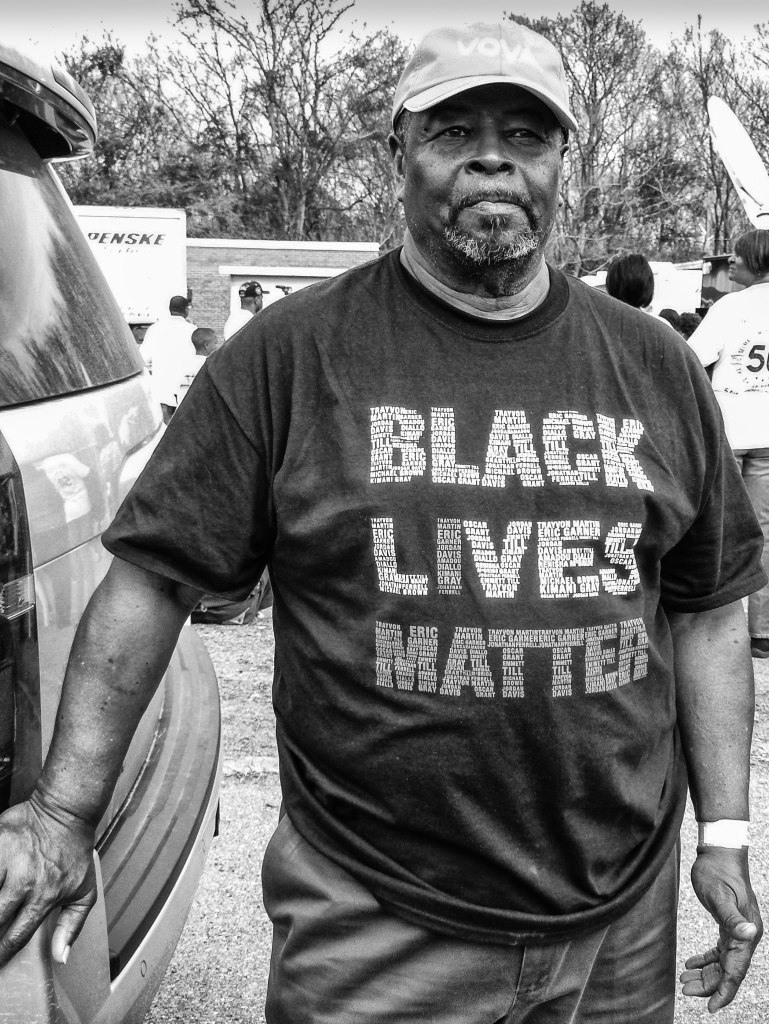
Black Lives Matter, Selma, 2015
The Black Lives Matter Movement, first asserted during the Obama administration, was making the nation aware of police brutality against Blacks and challenging Whites to examine not only interpersonal racism, but structural White supremacy and privilege.
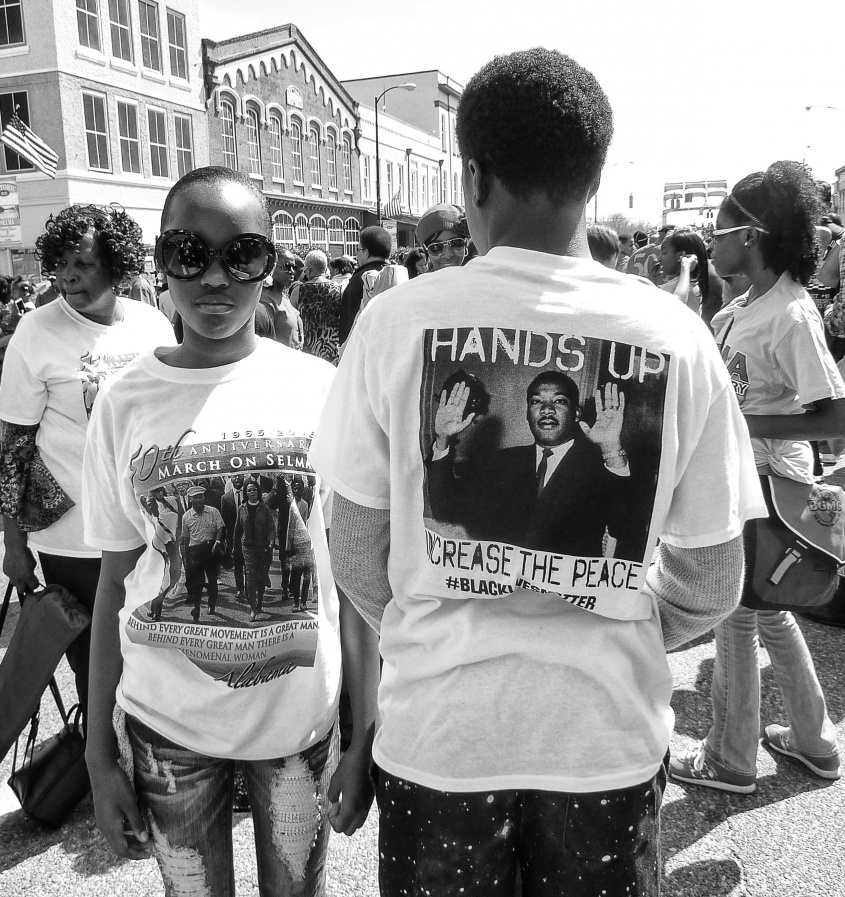
Hands Up, Selma, 2015
The 50th Anniversary was after the police slaying of Michael Brown, the Ferguson uprising, and other police killings in the U.S. These deaths drew an unbroken line from state violence in the past to police violence in the present.
Use Your Right to Vote
According to the U.S. Election Project, in the general election of 2016, only 58.1% of eligible U.S. voters actually cast their vote. While many hurdles are put in the way of voting, we must not become disillusioned. Please remember that the vote remains a powerful tool for justice if we use it. Encourage those you know to register and help them prepare for elections, especially local and state elections. Be prepared yourself. Use this much-endangered right. Preserve our democracy.

